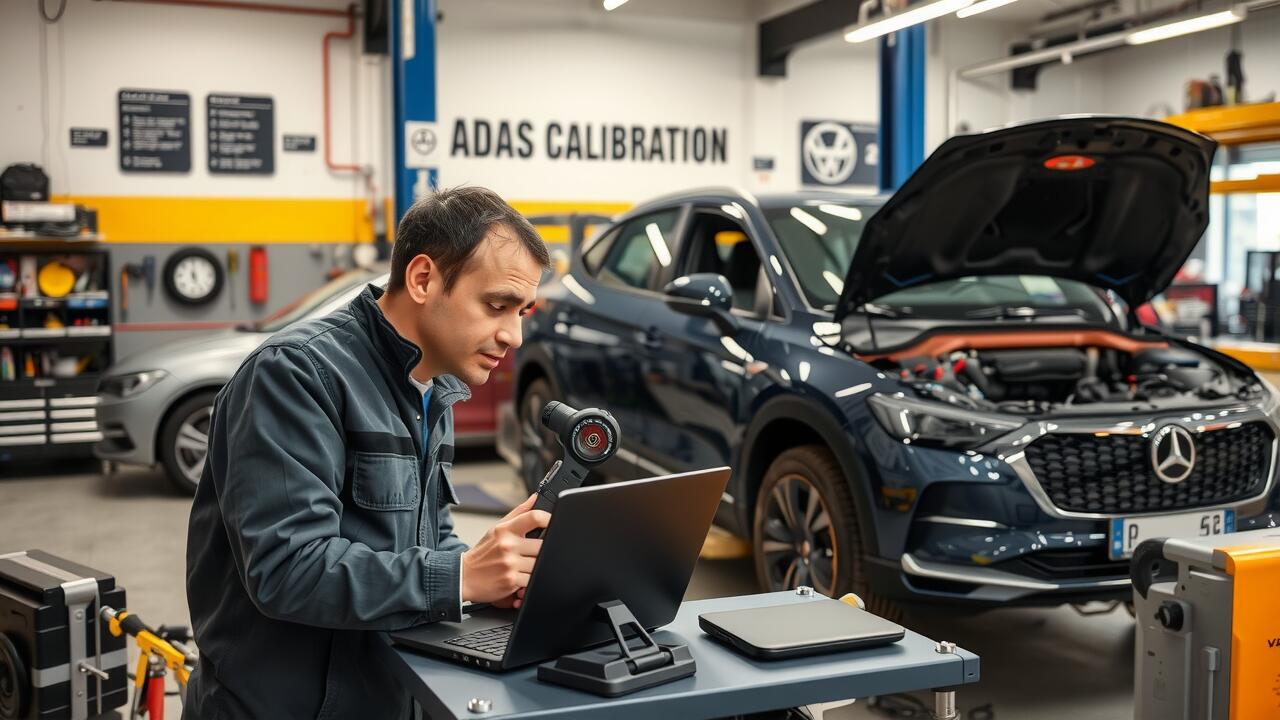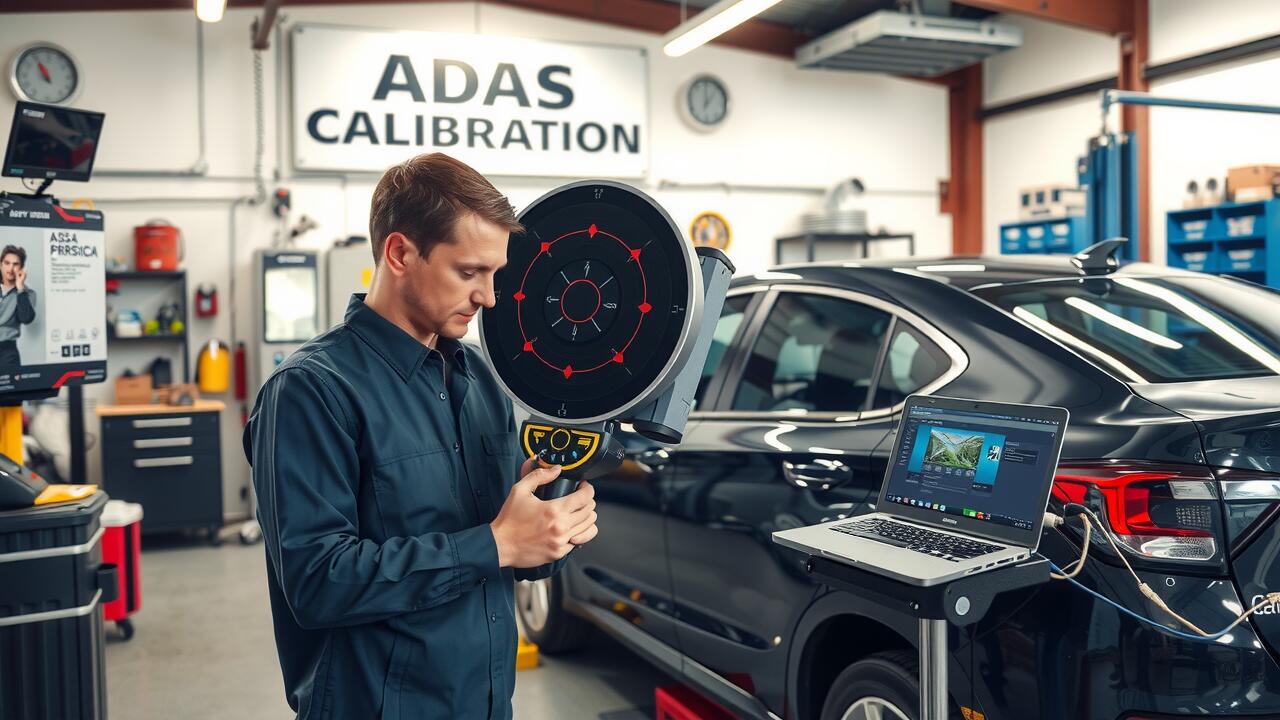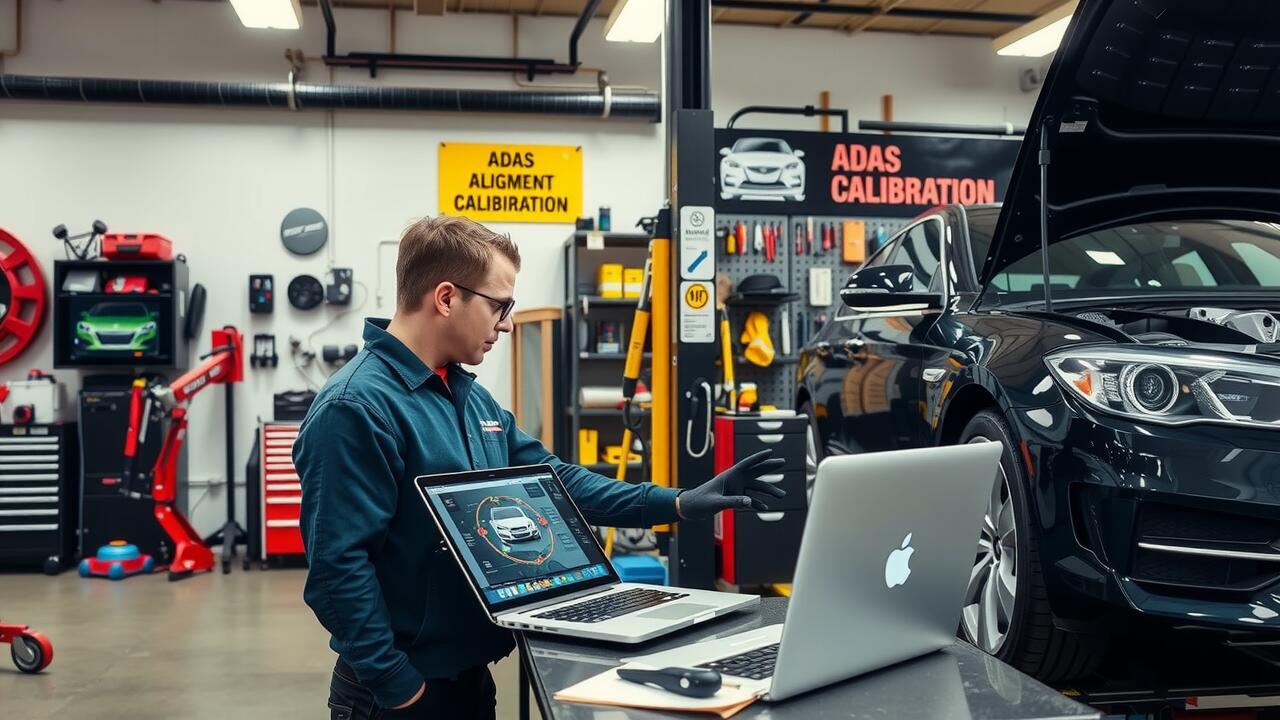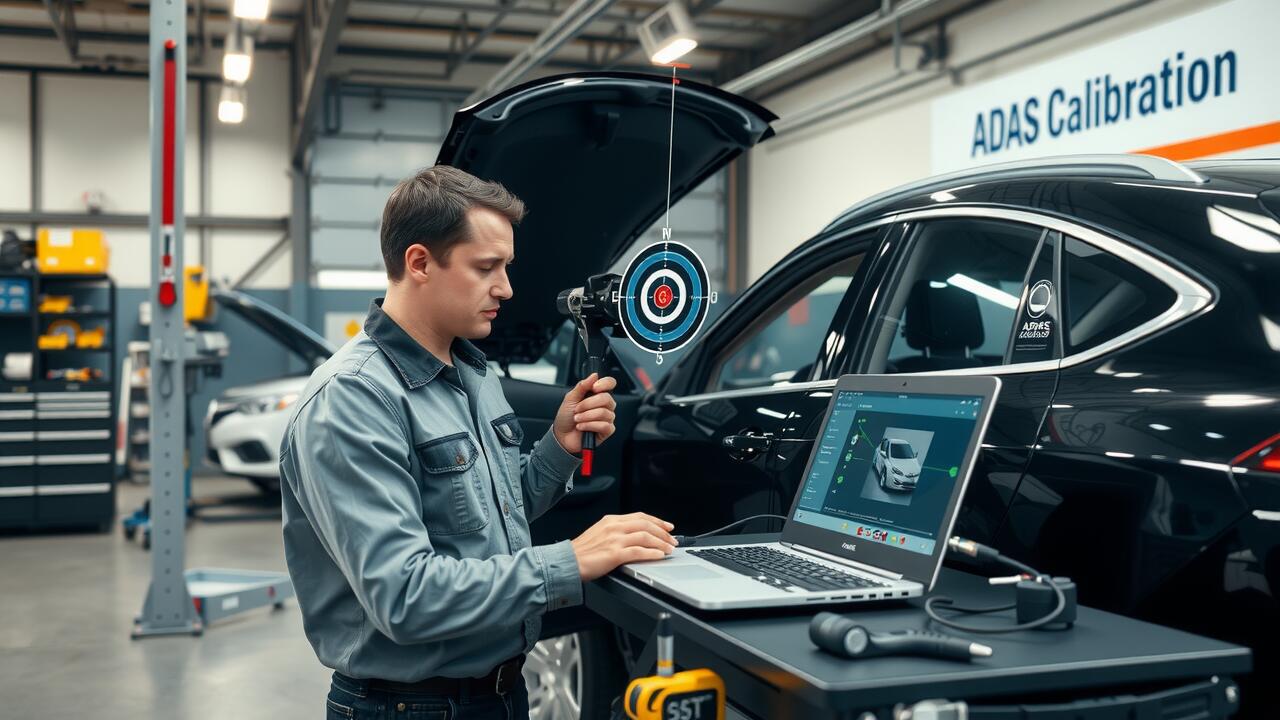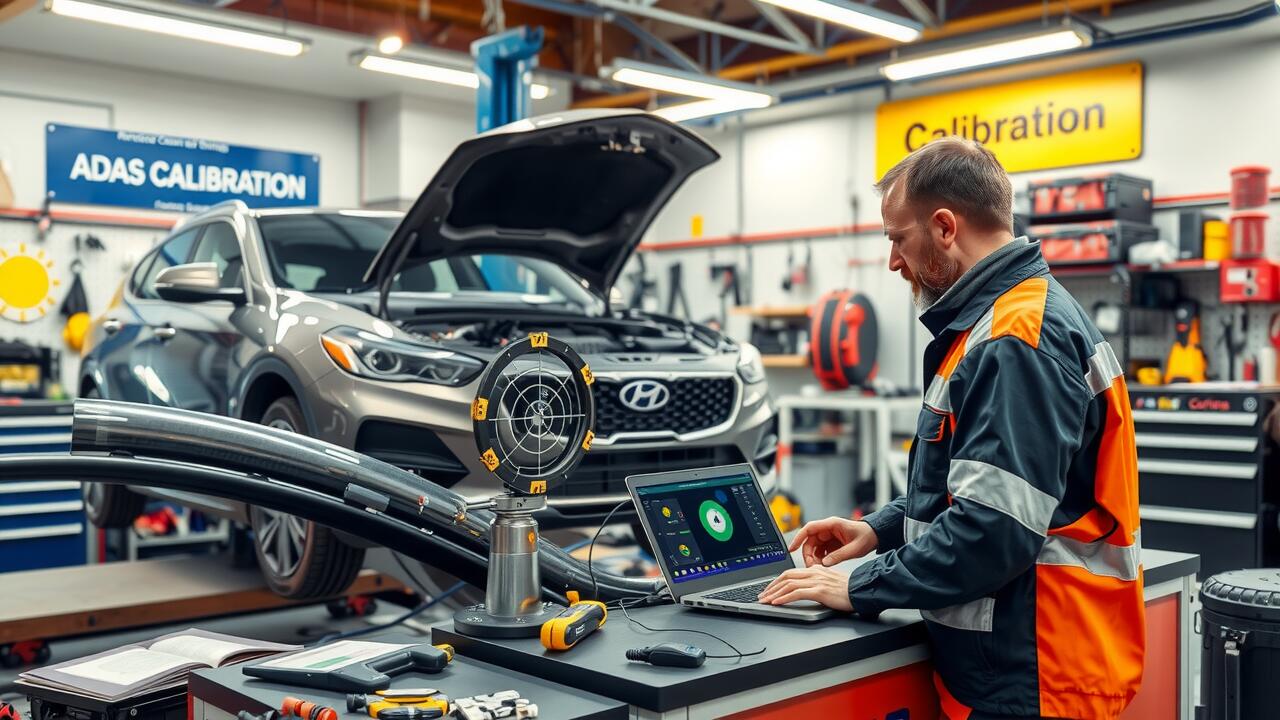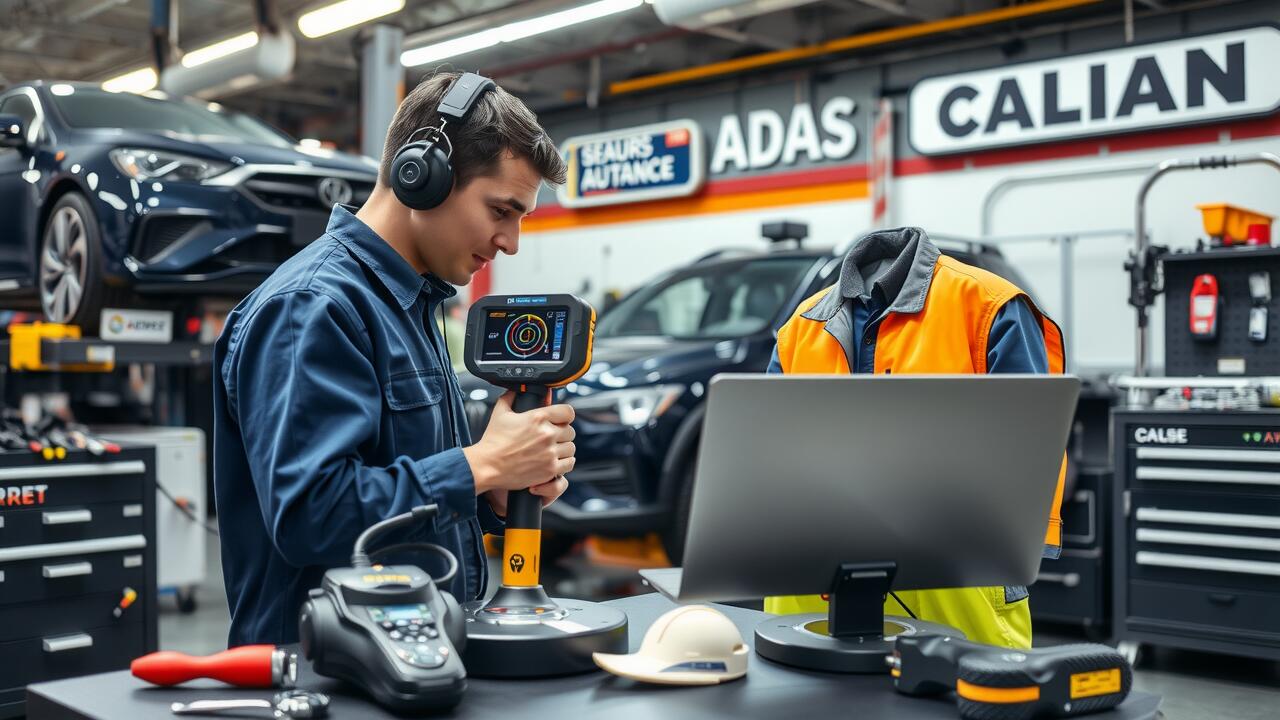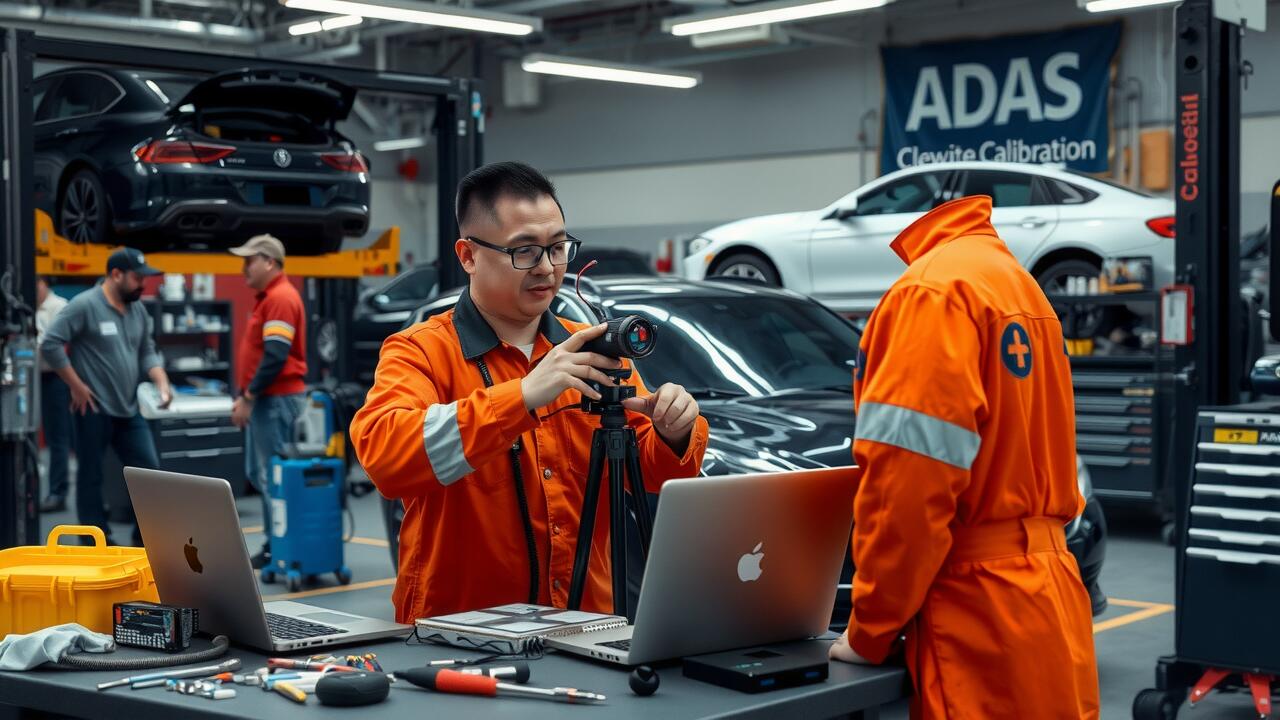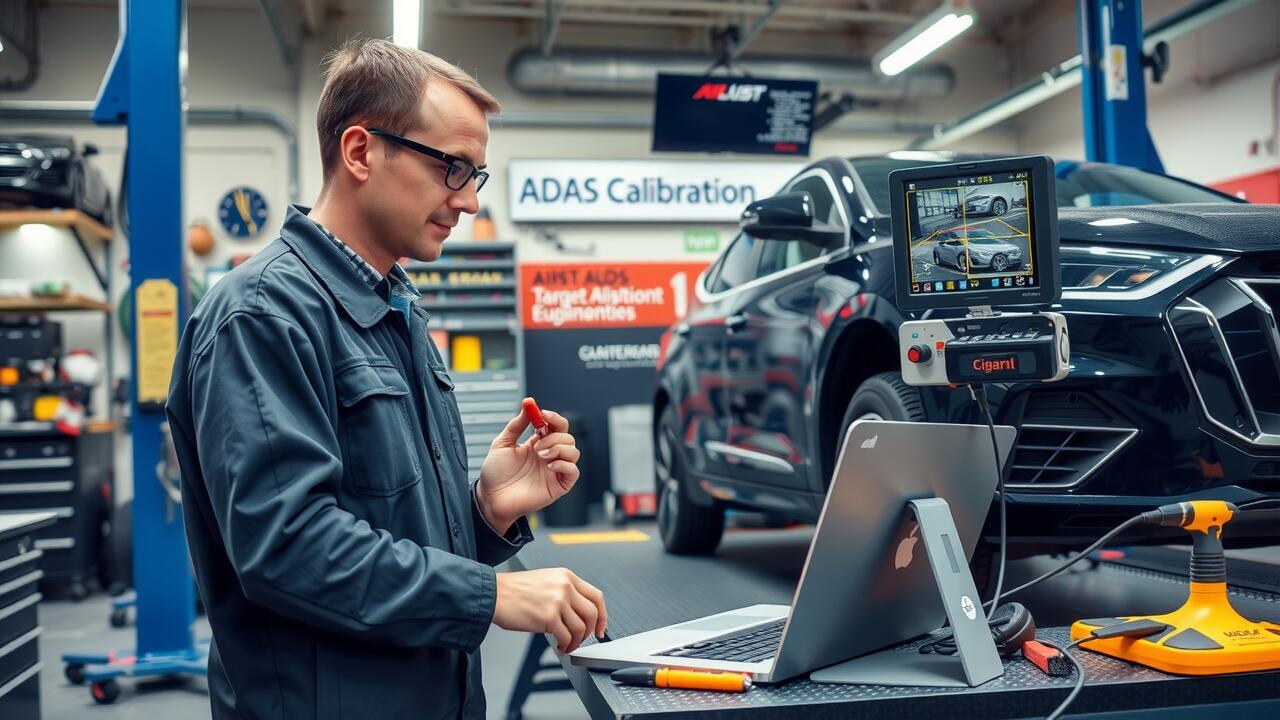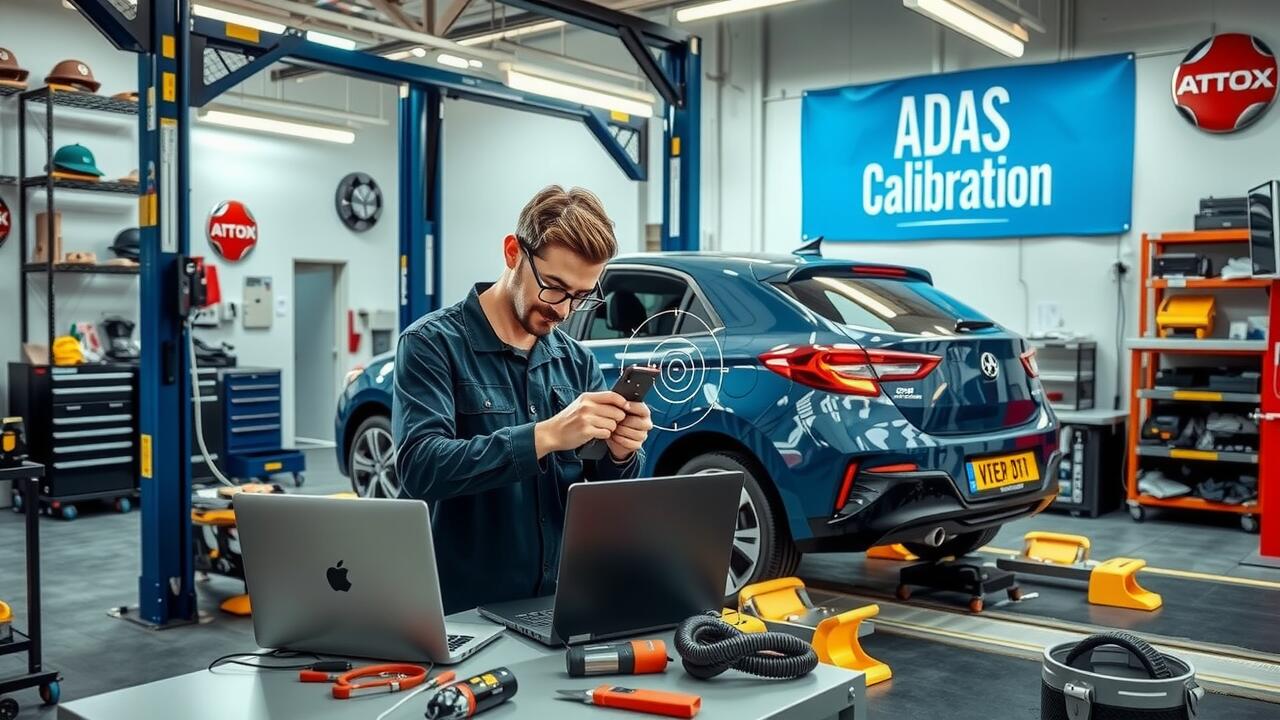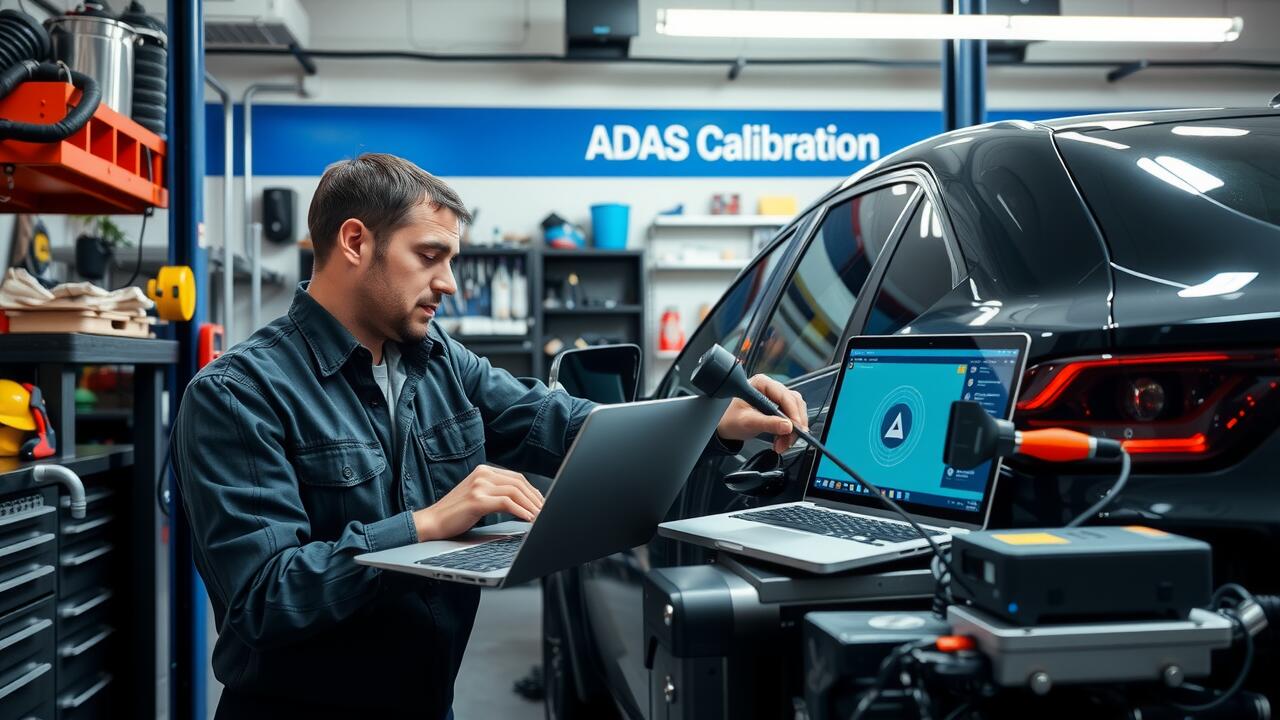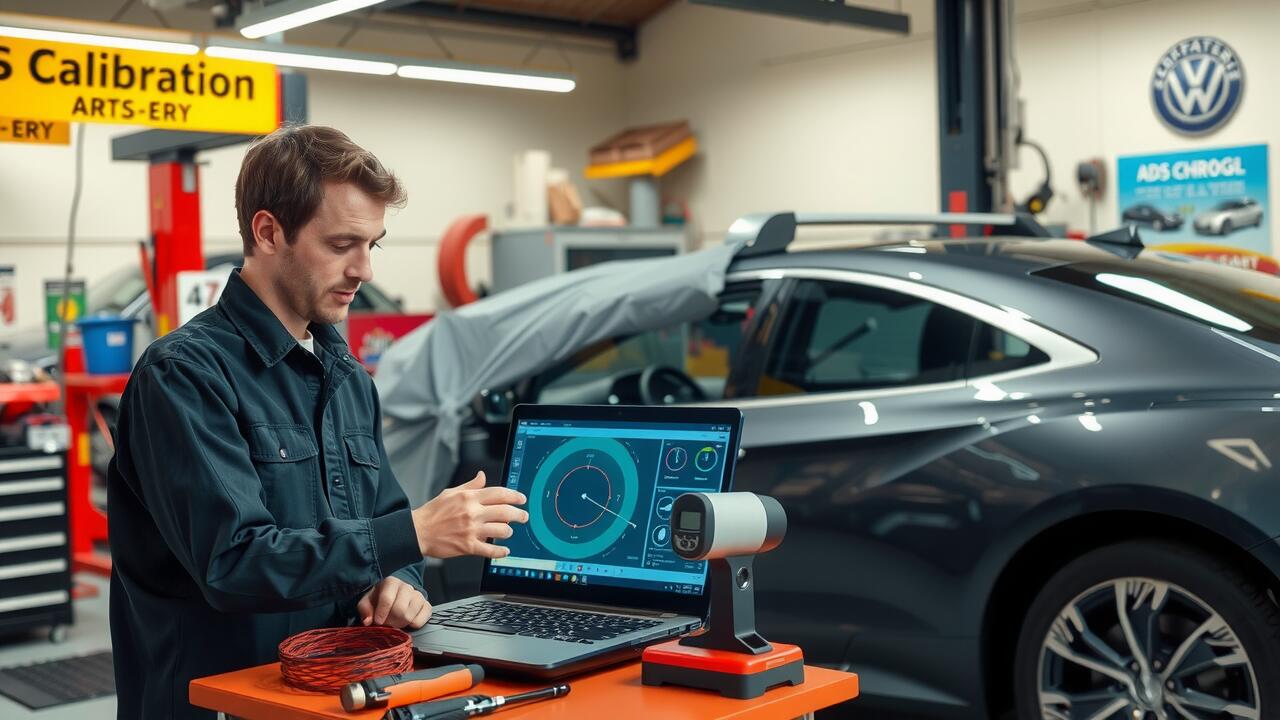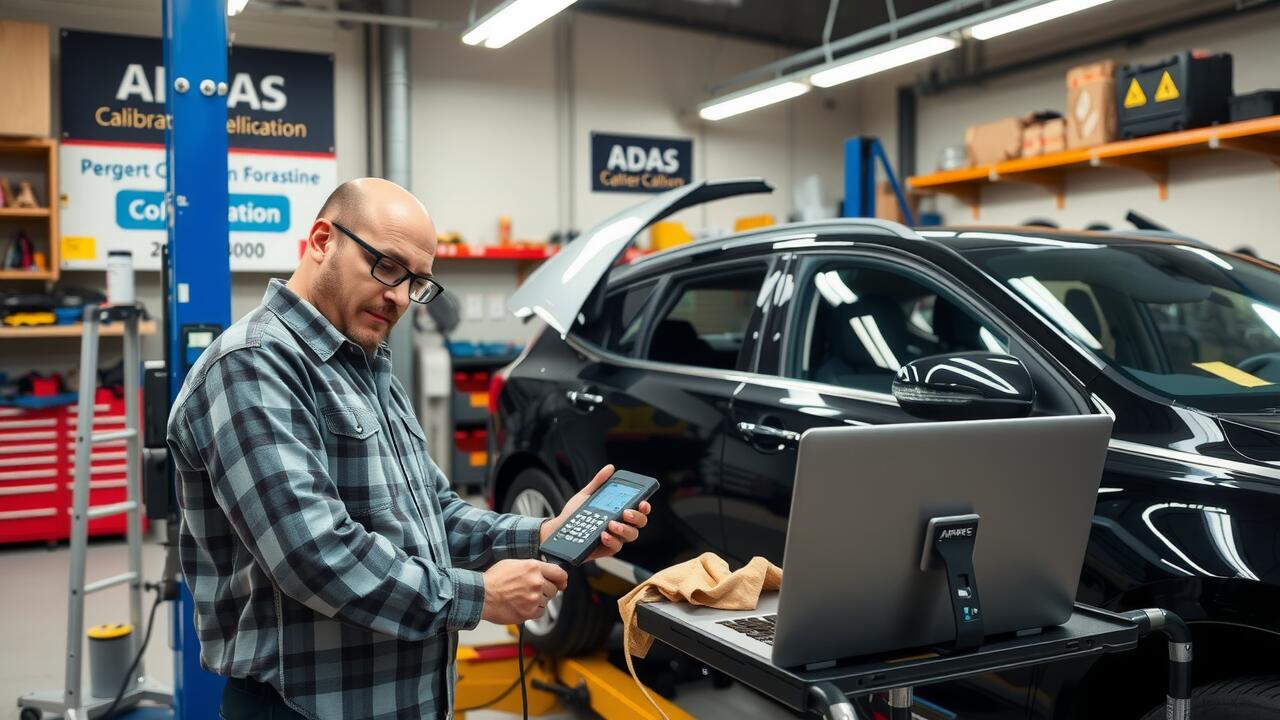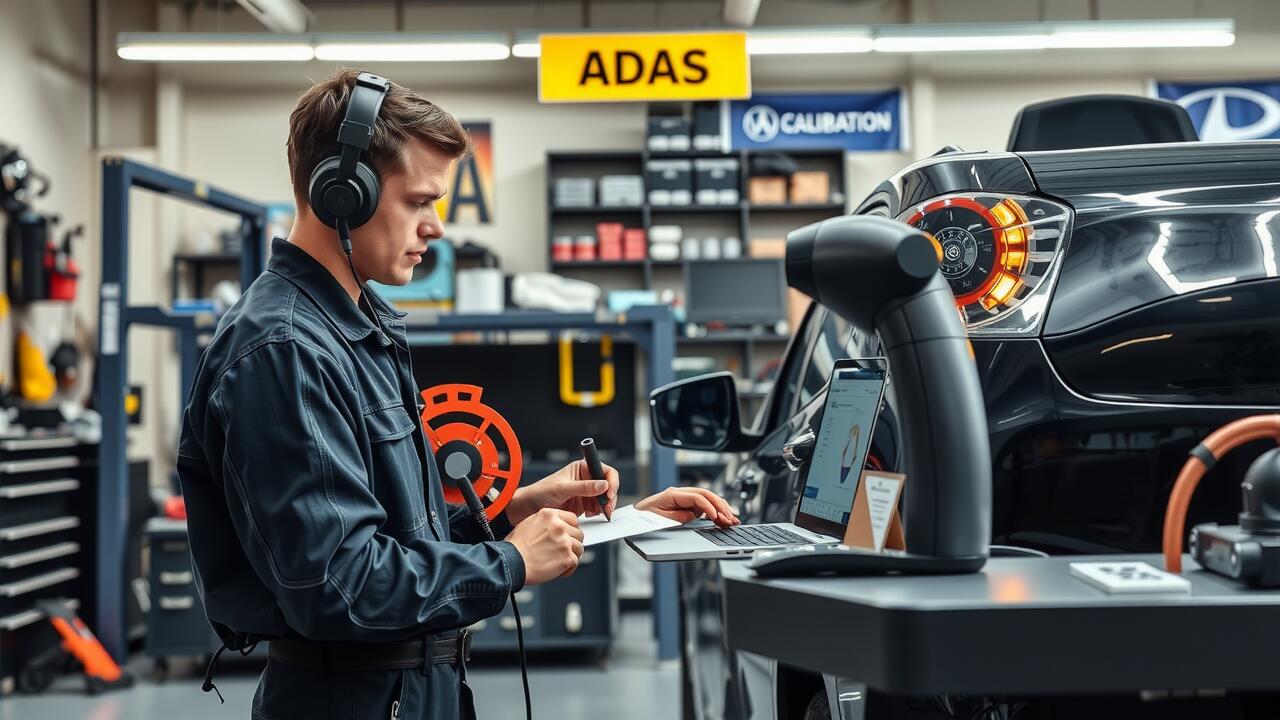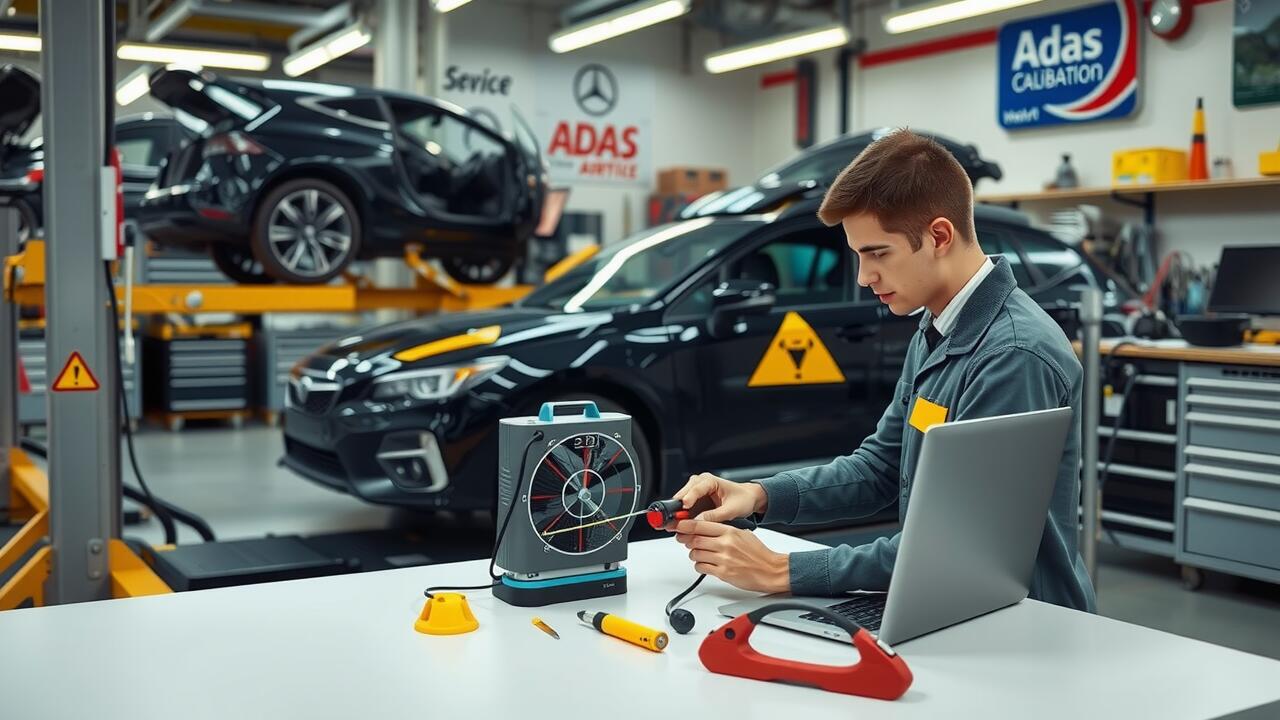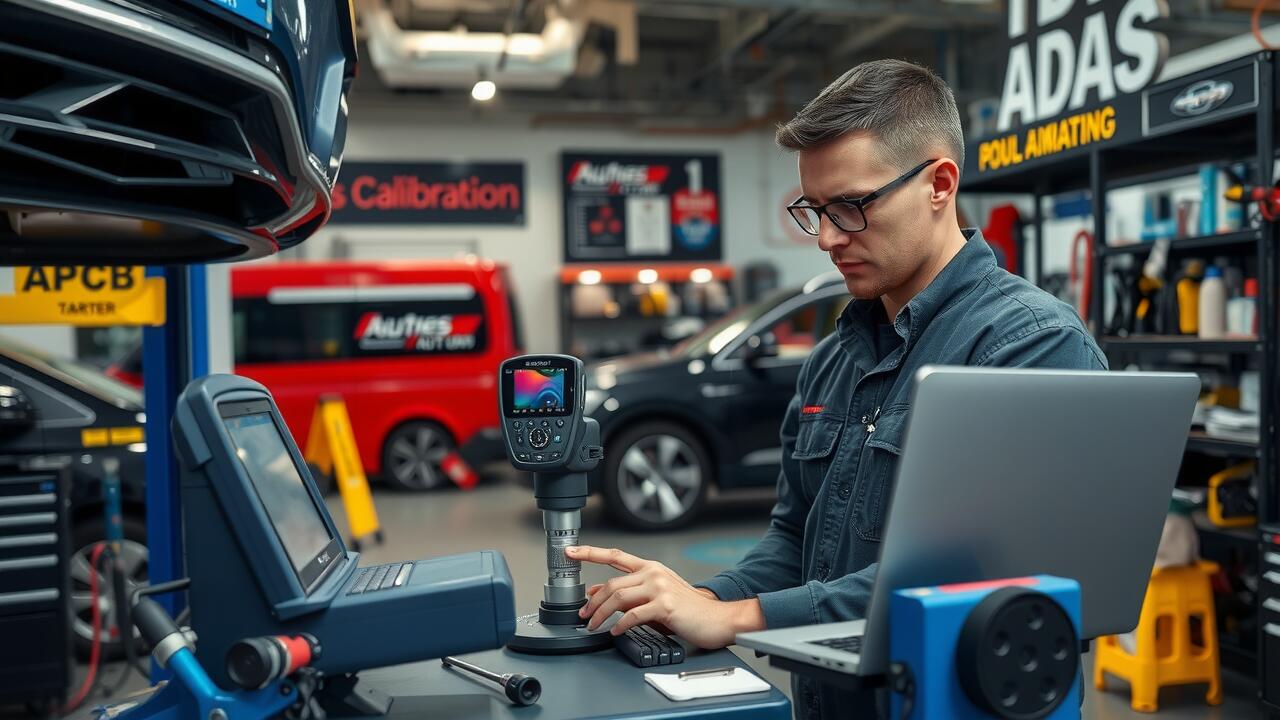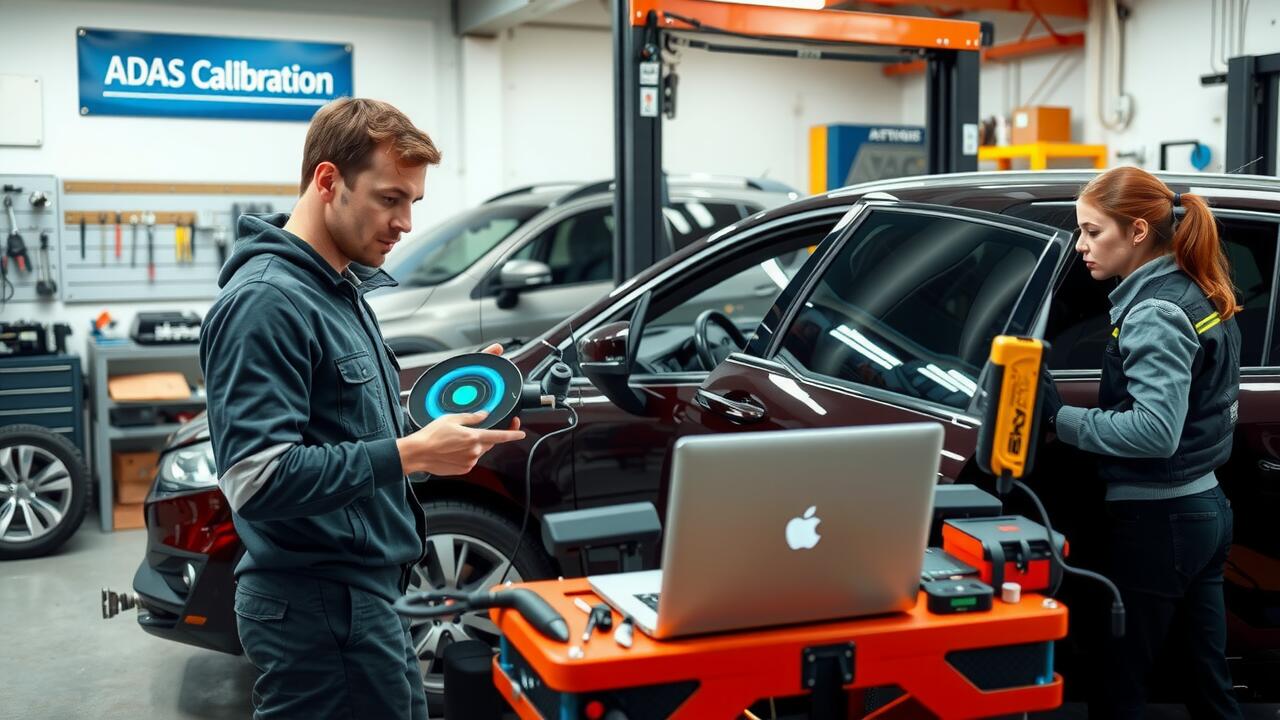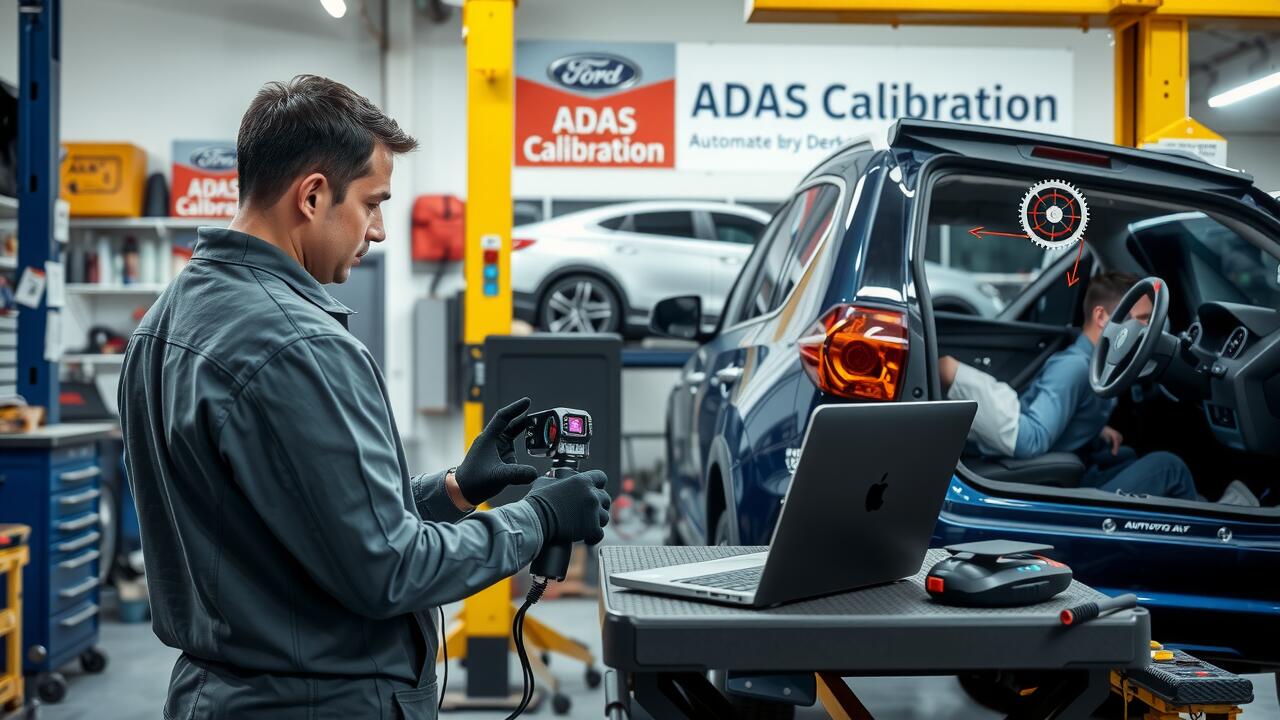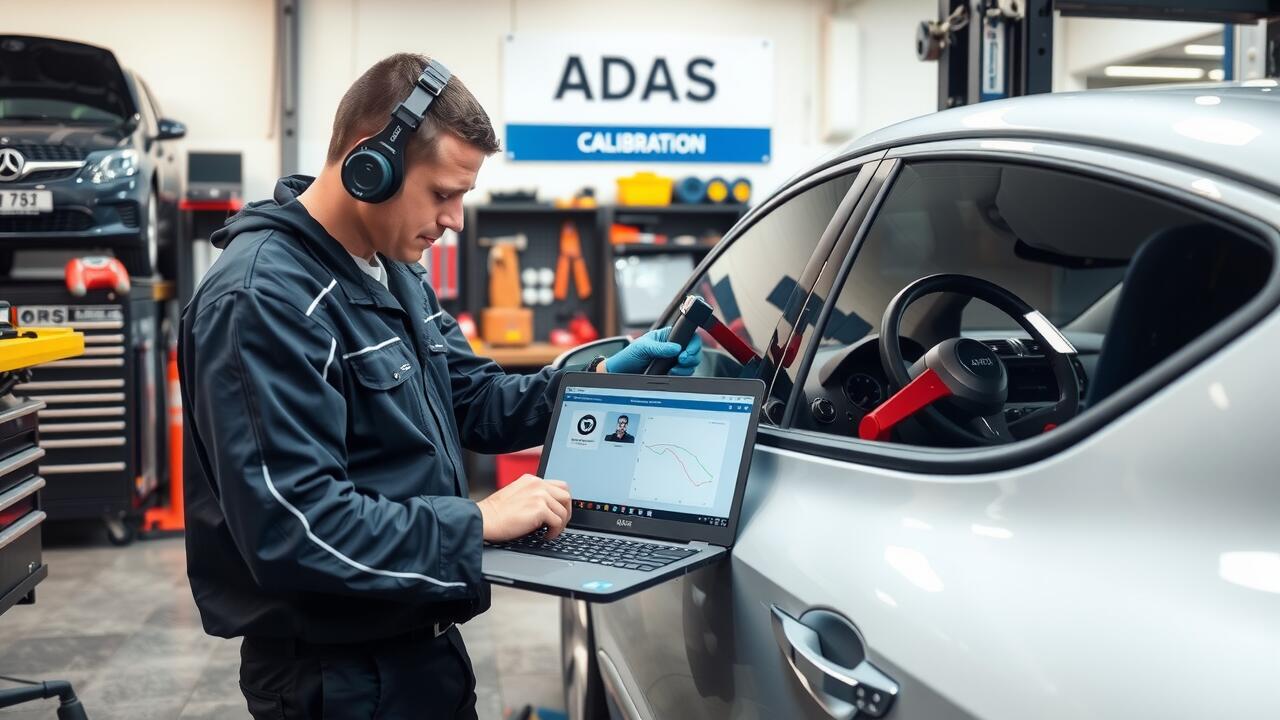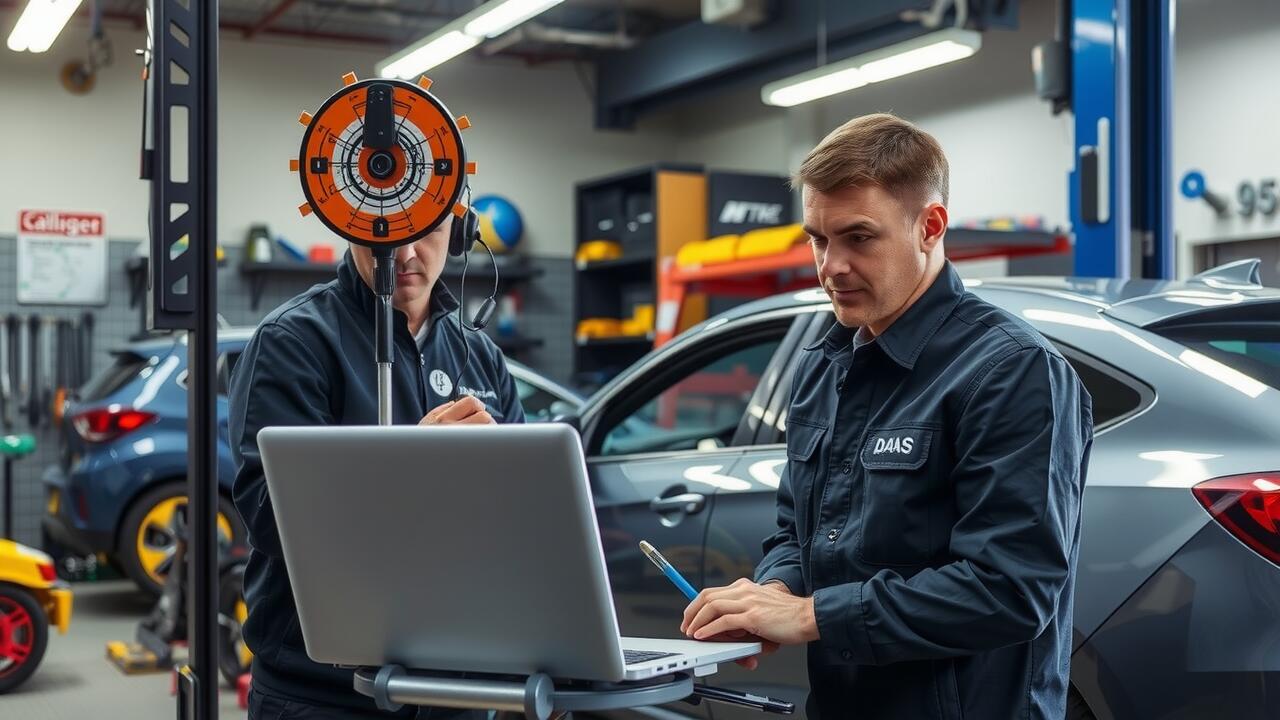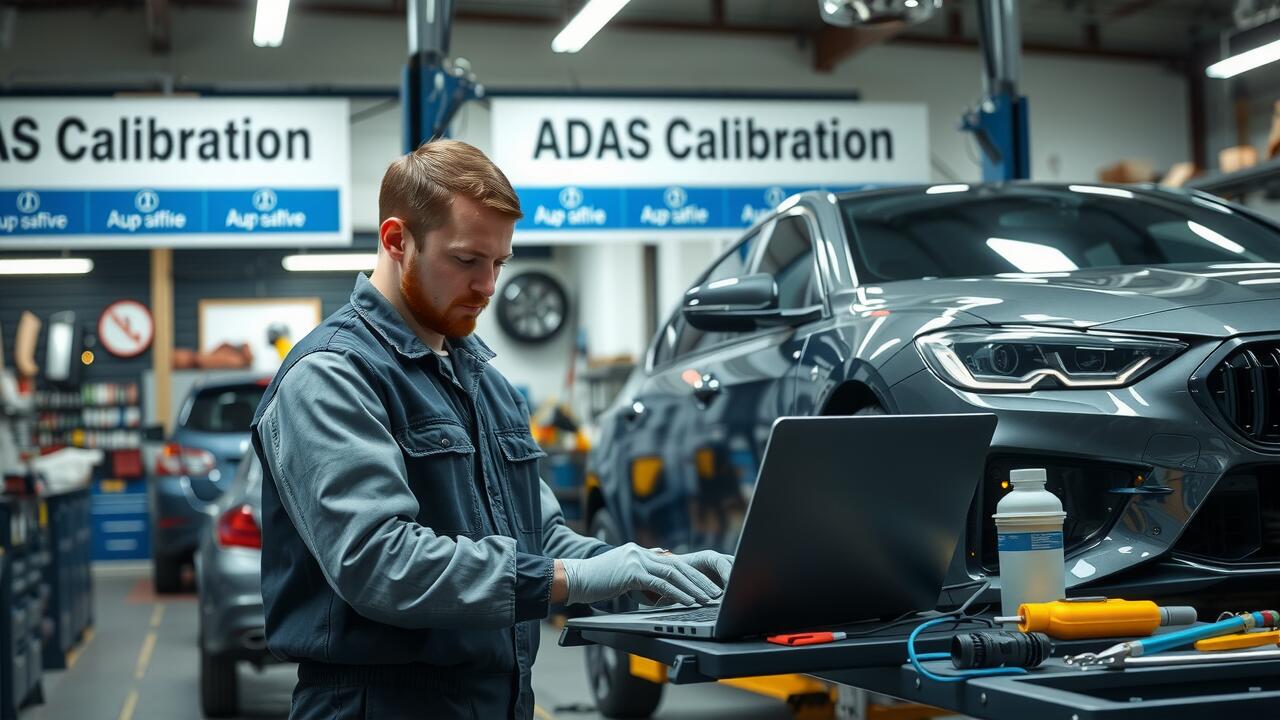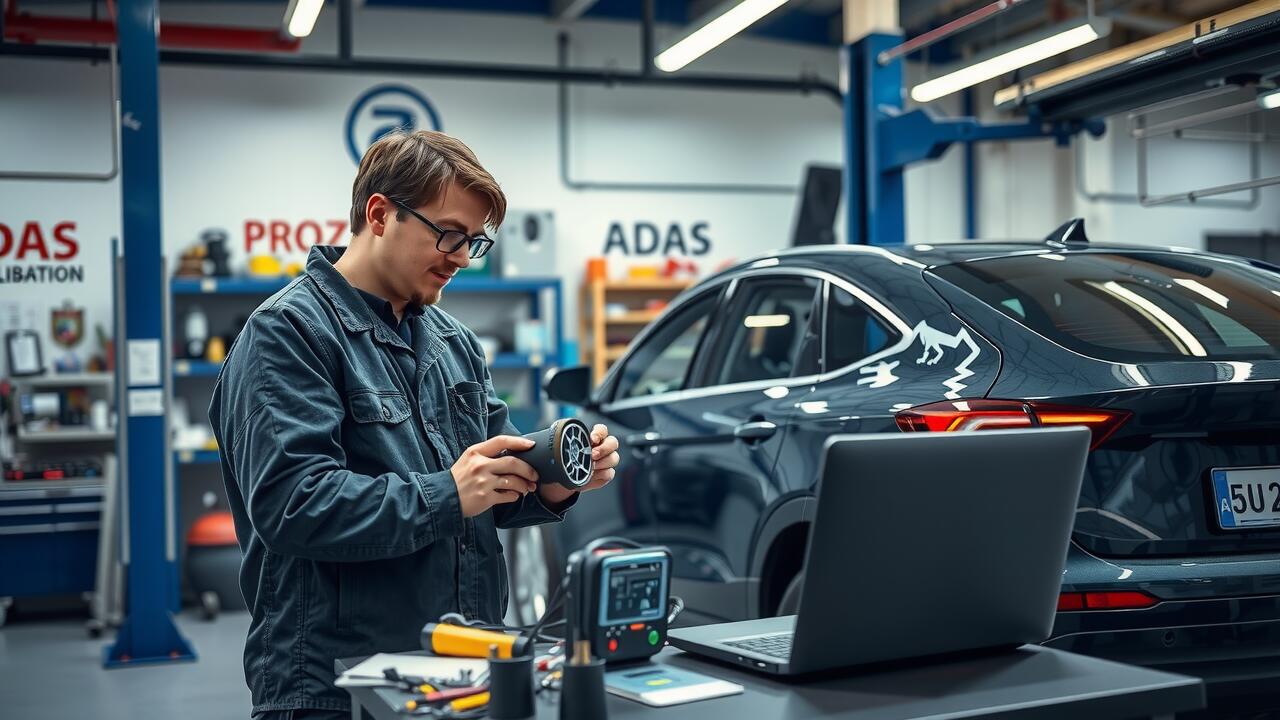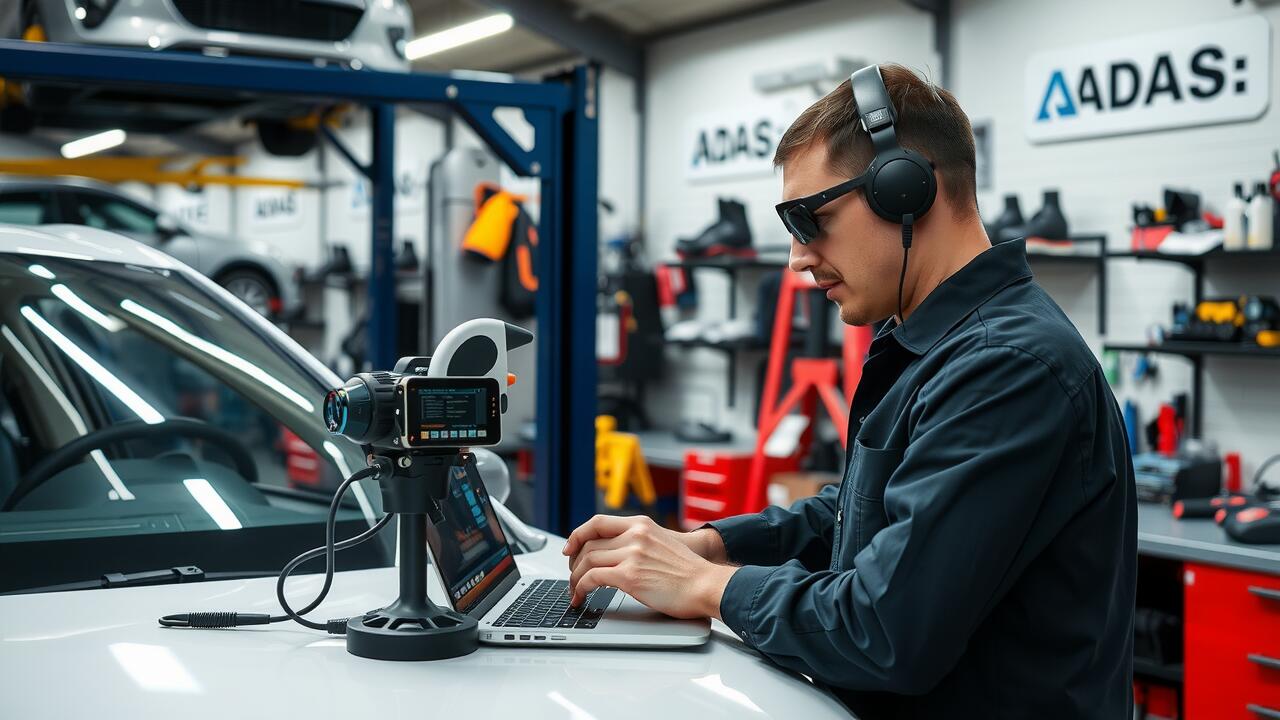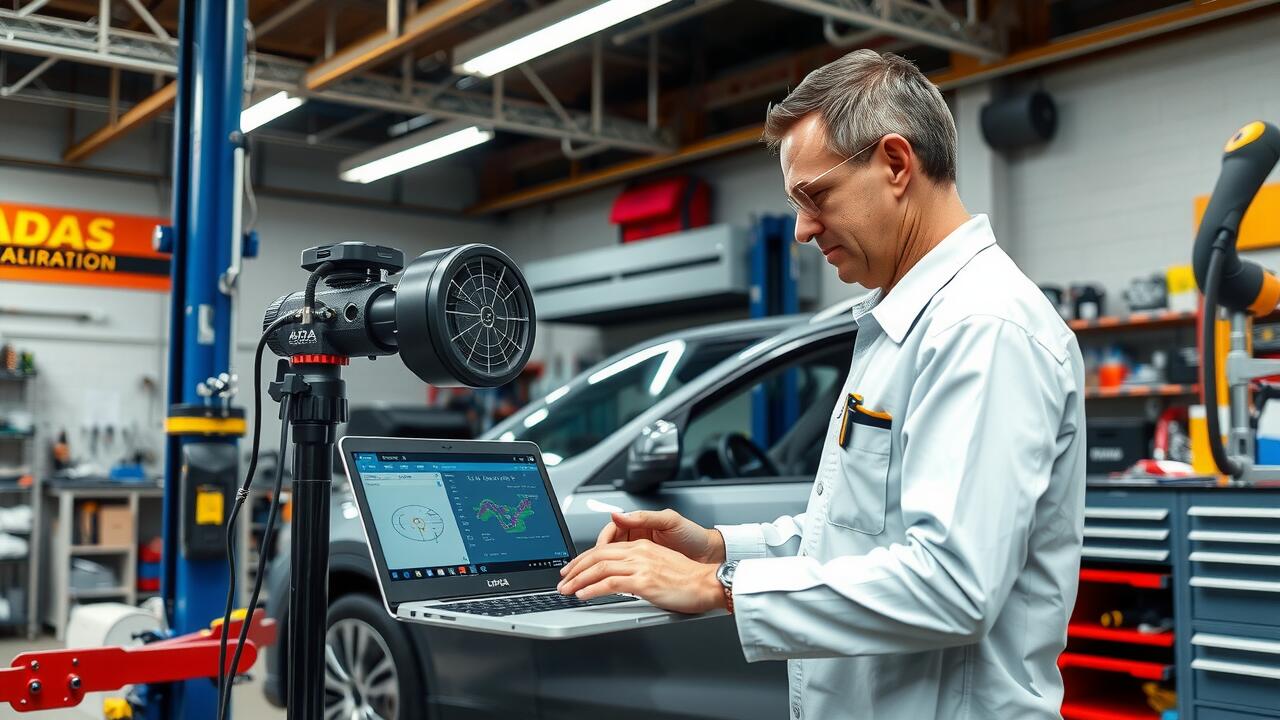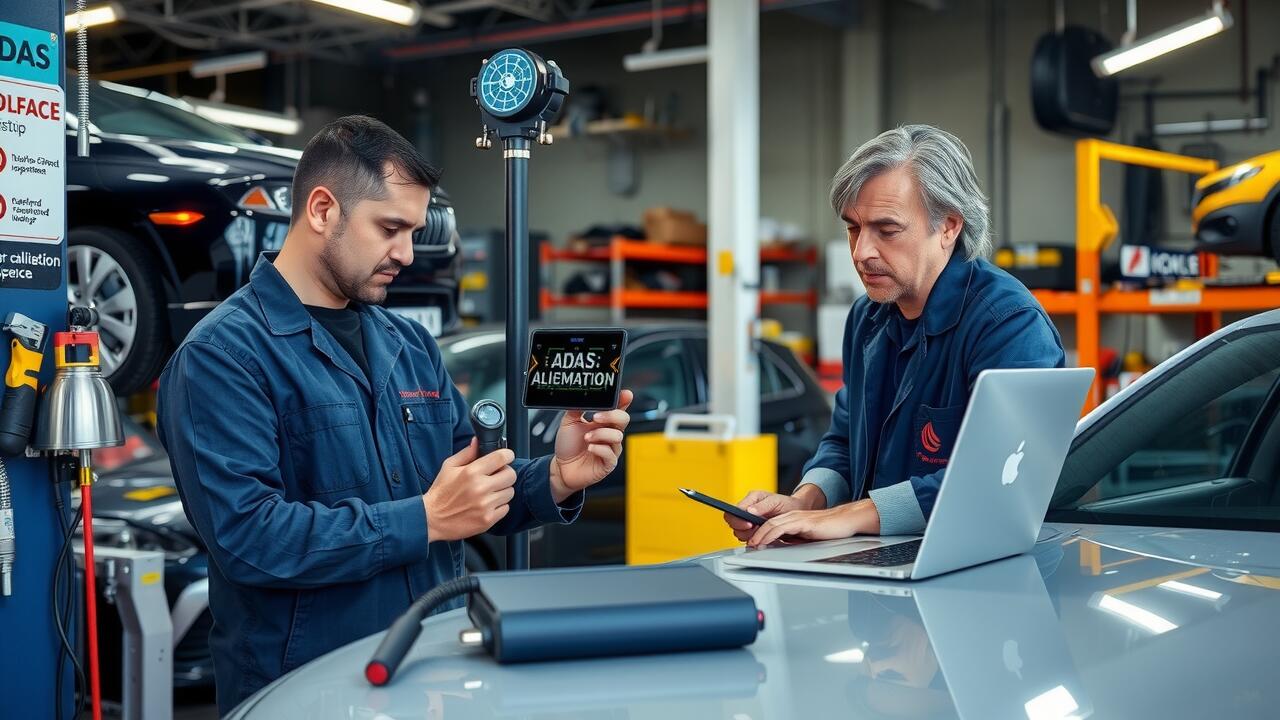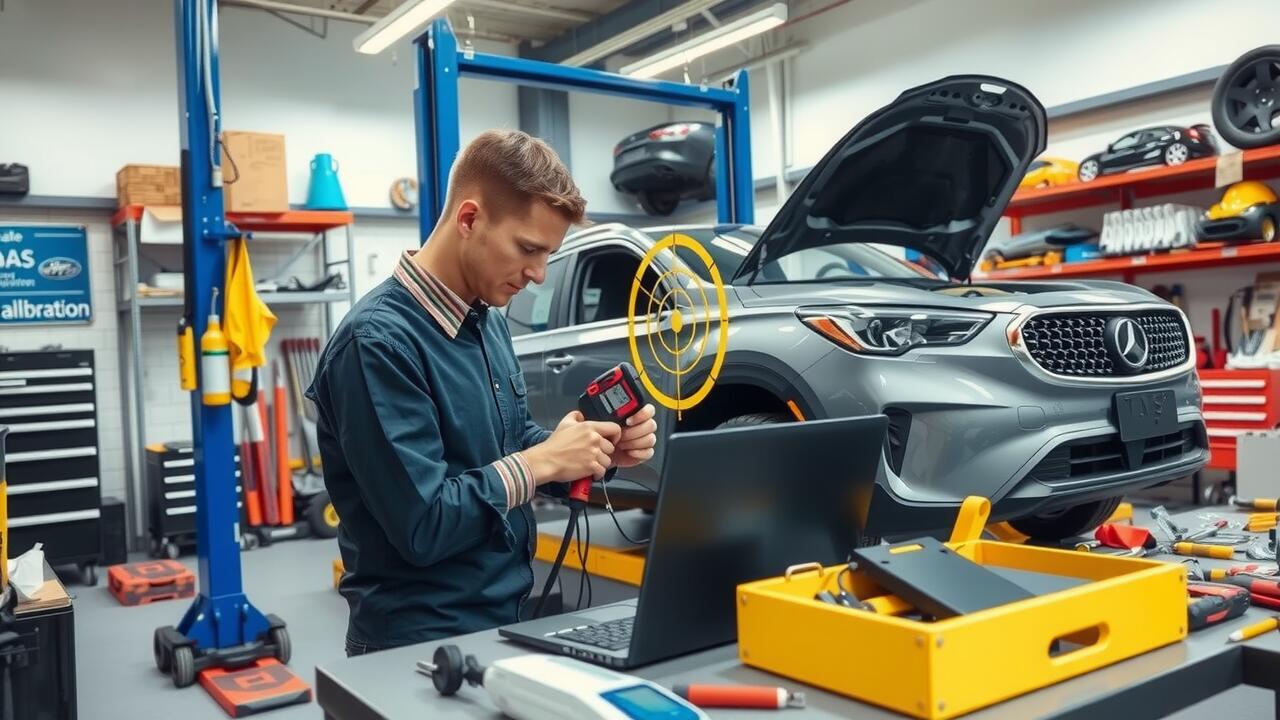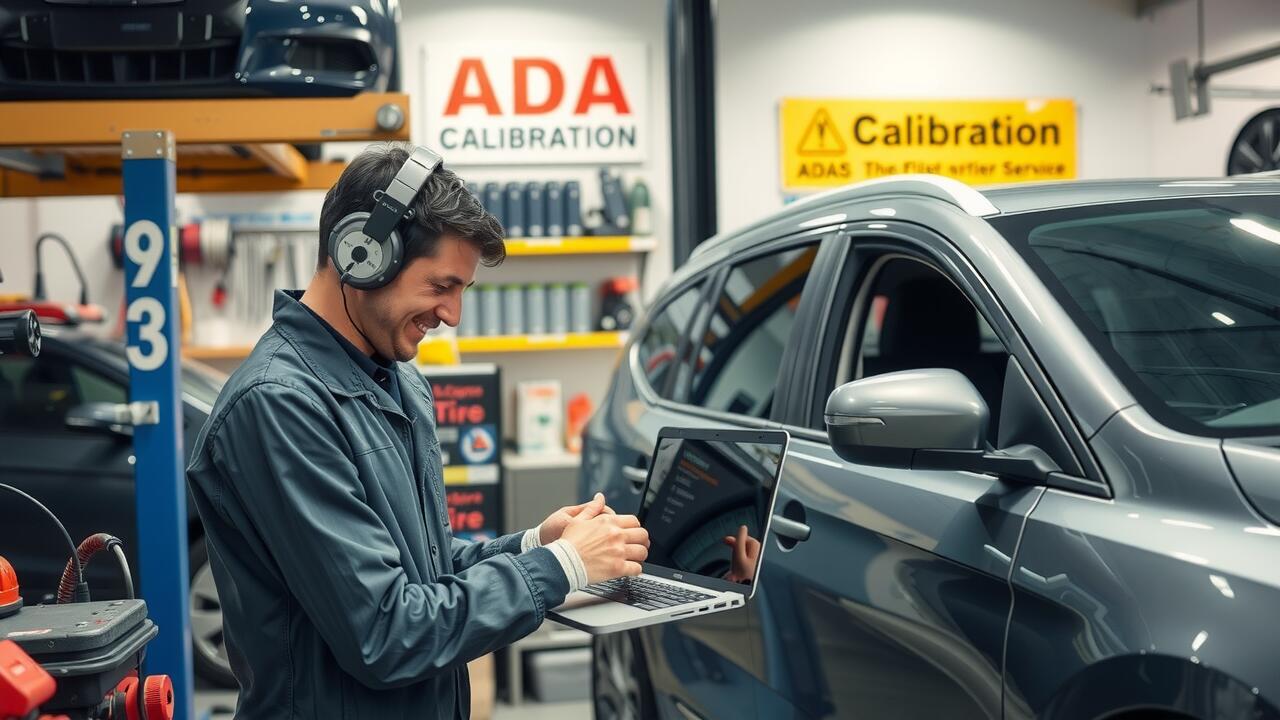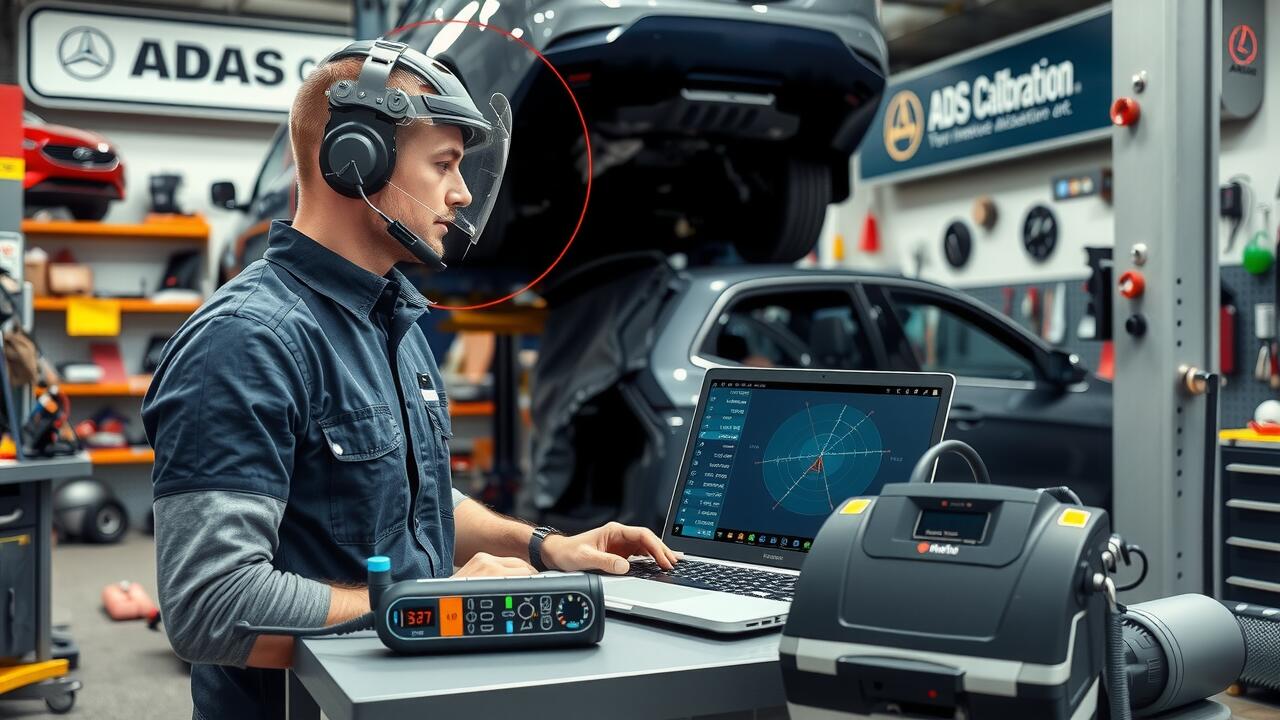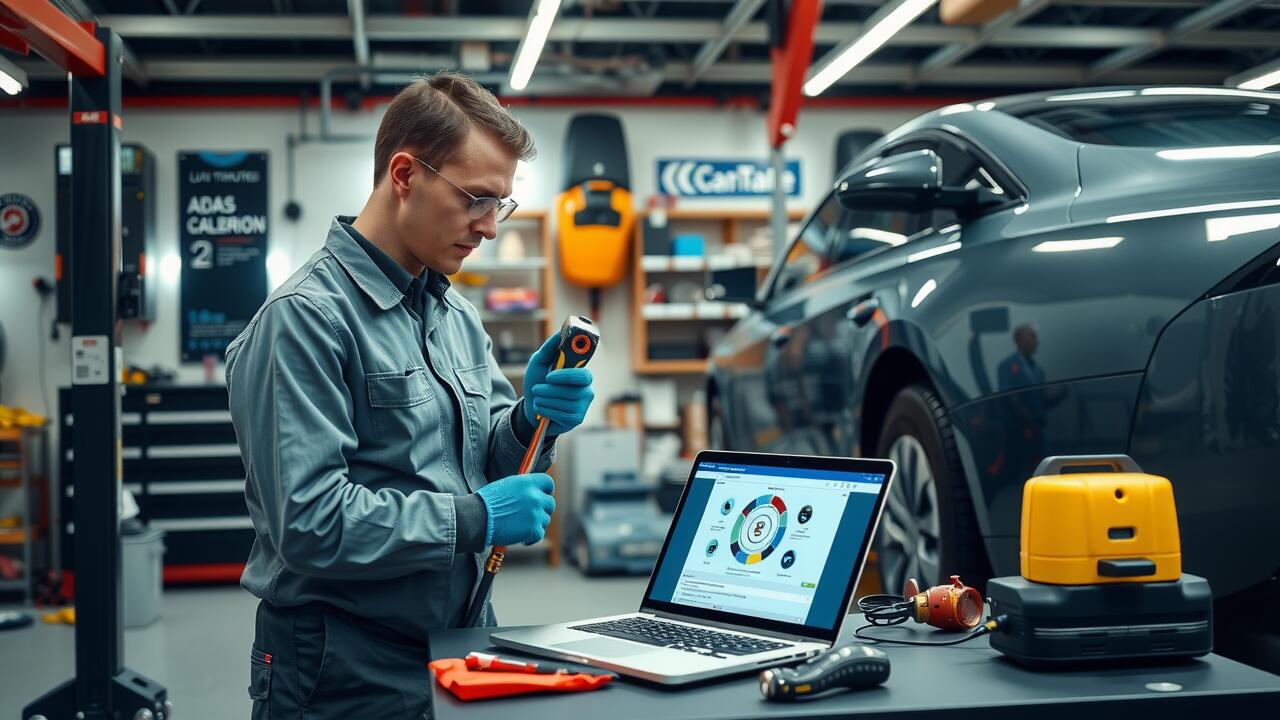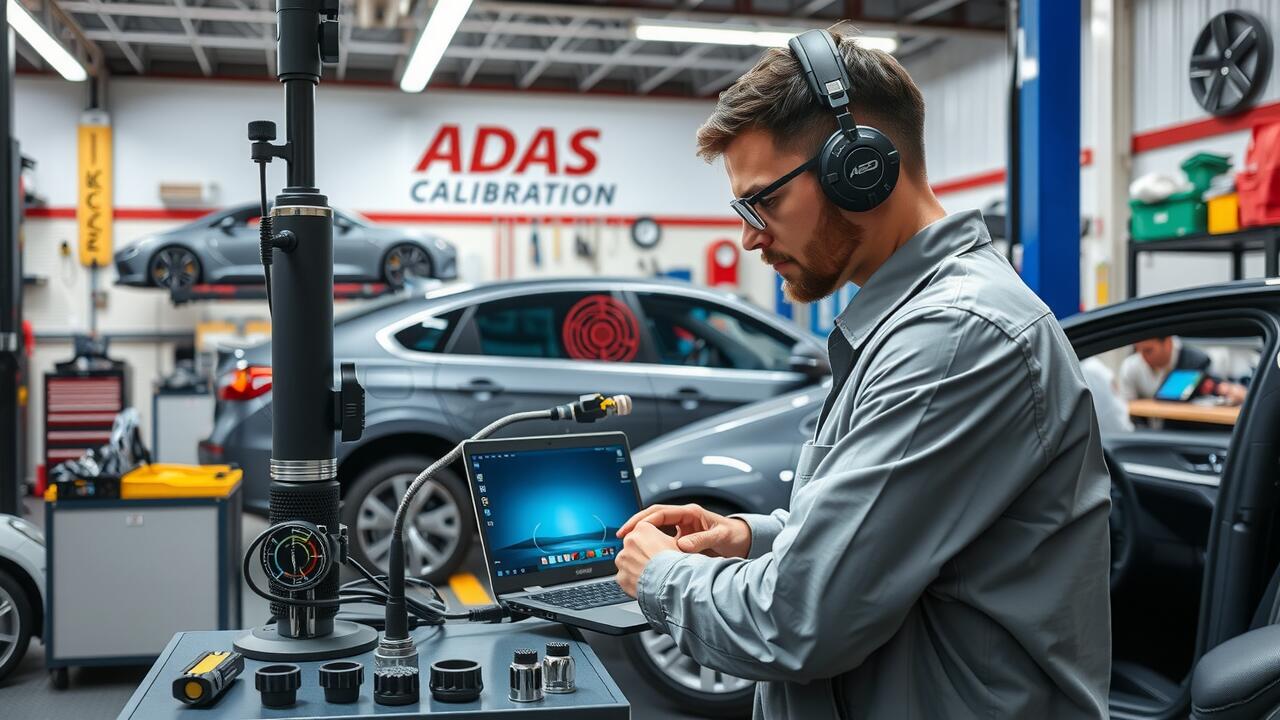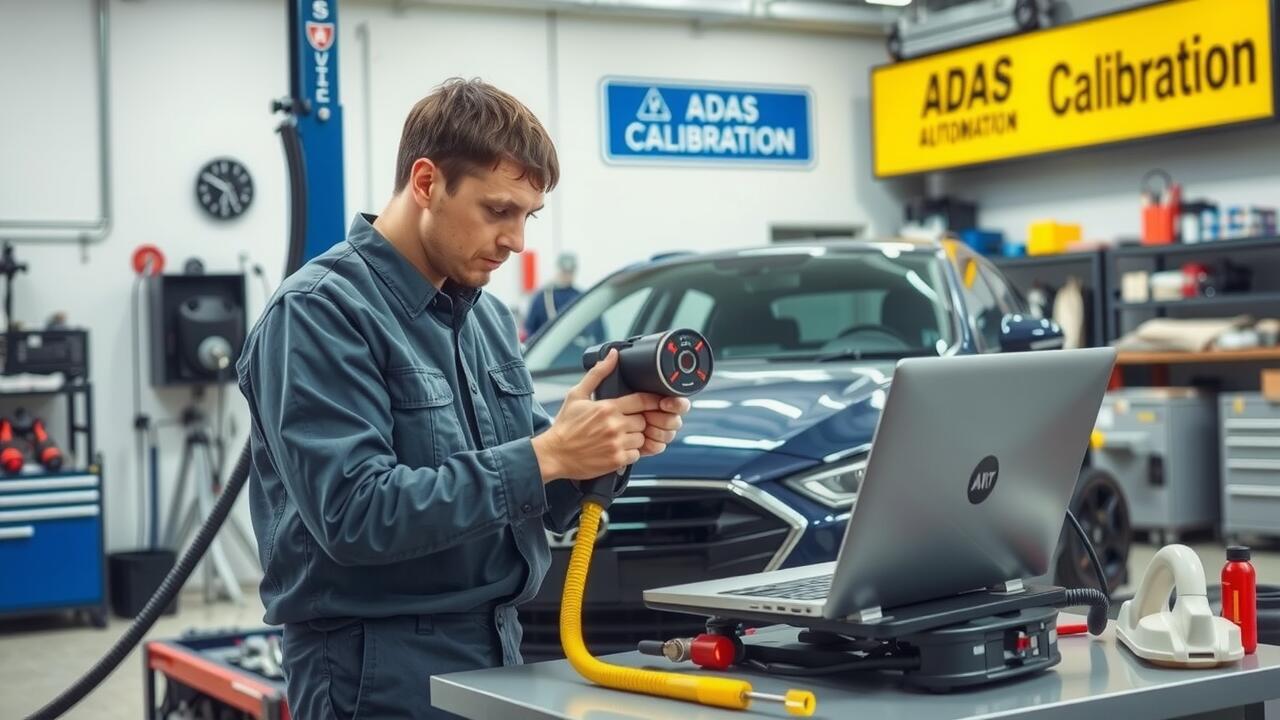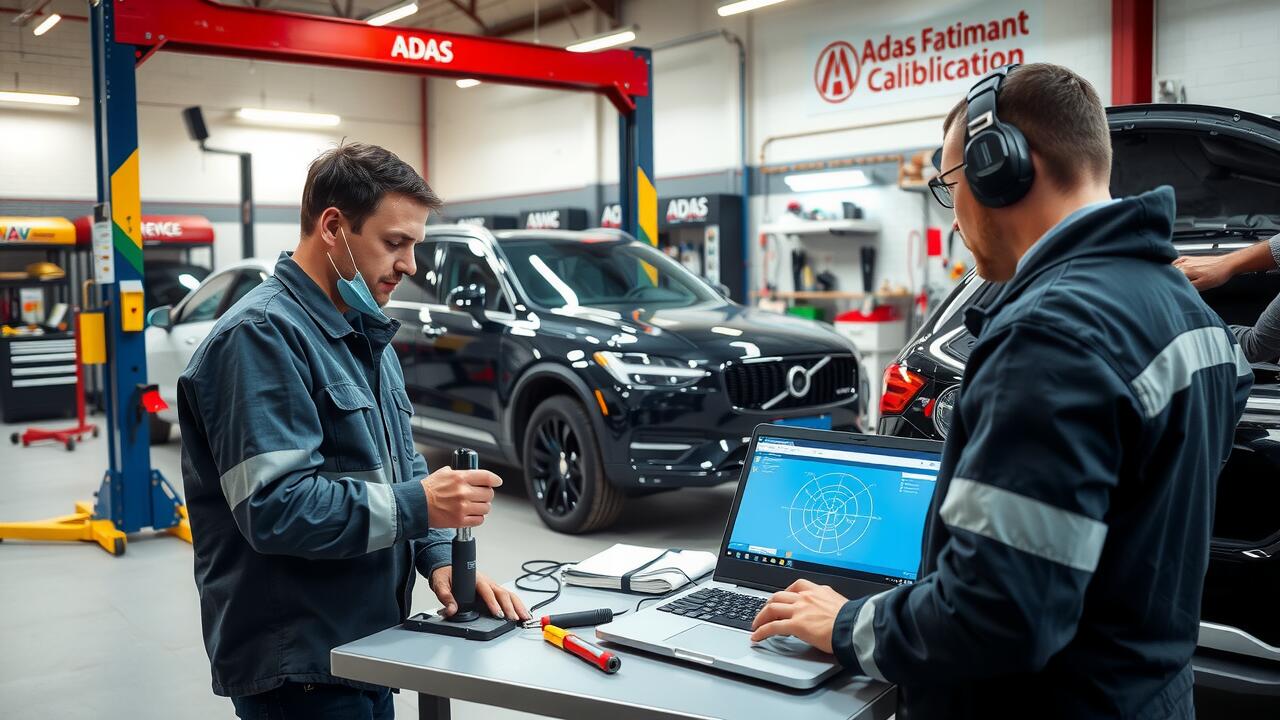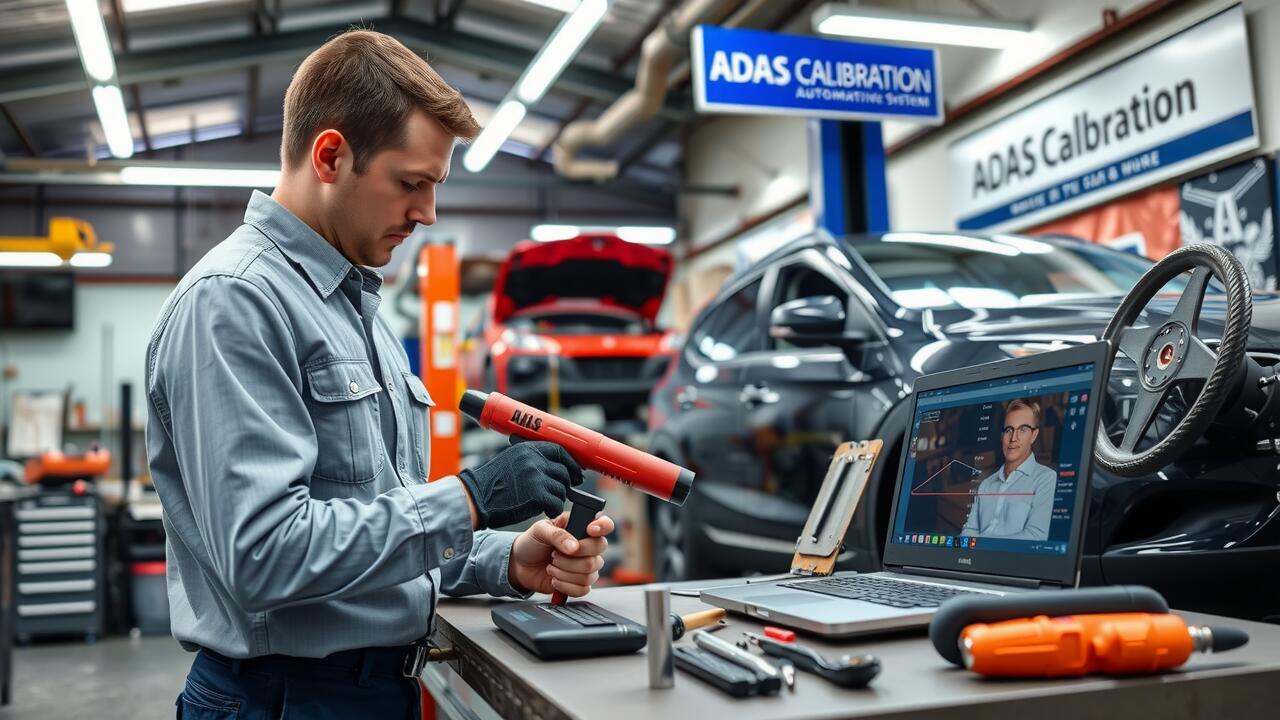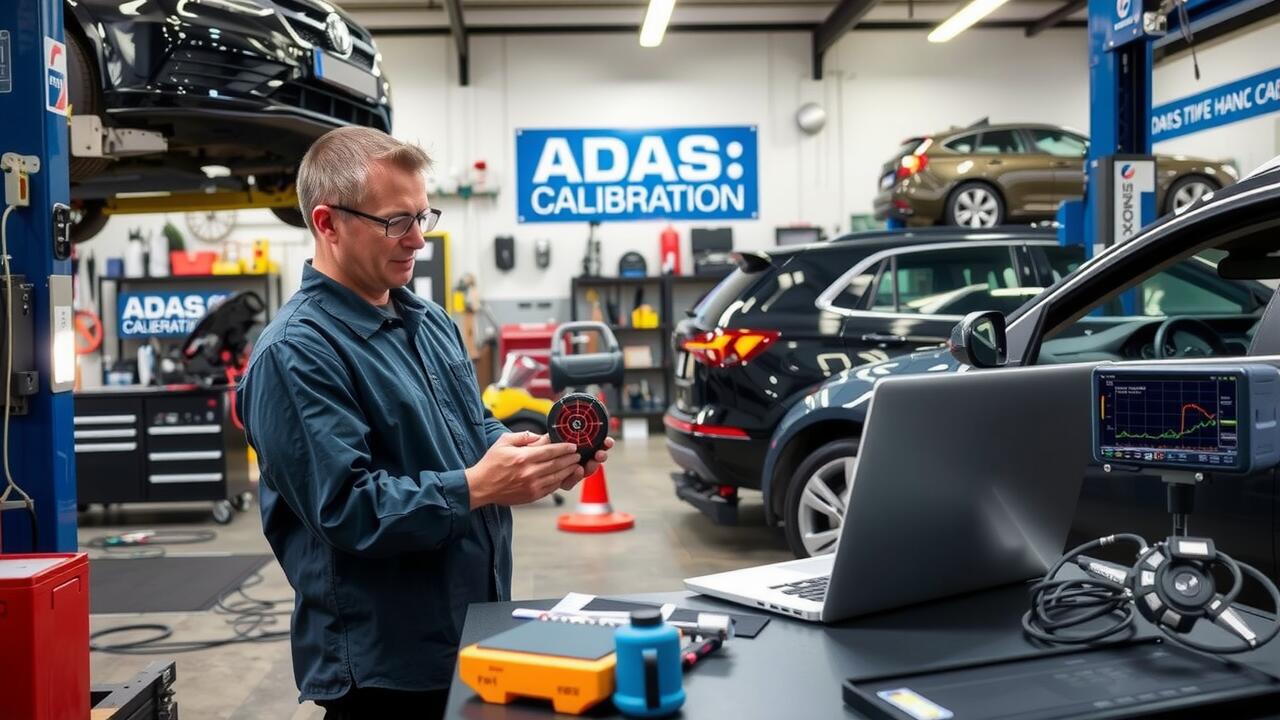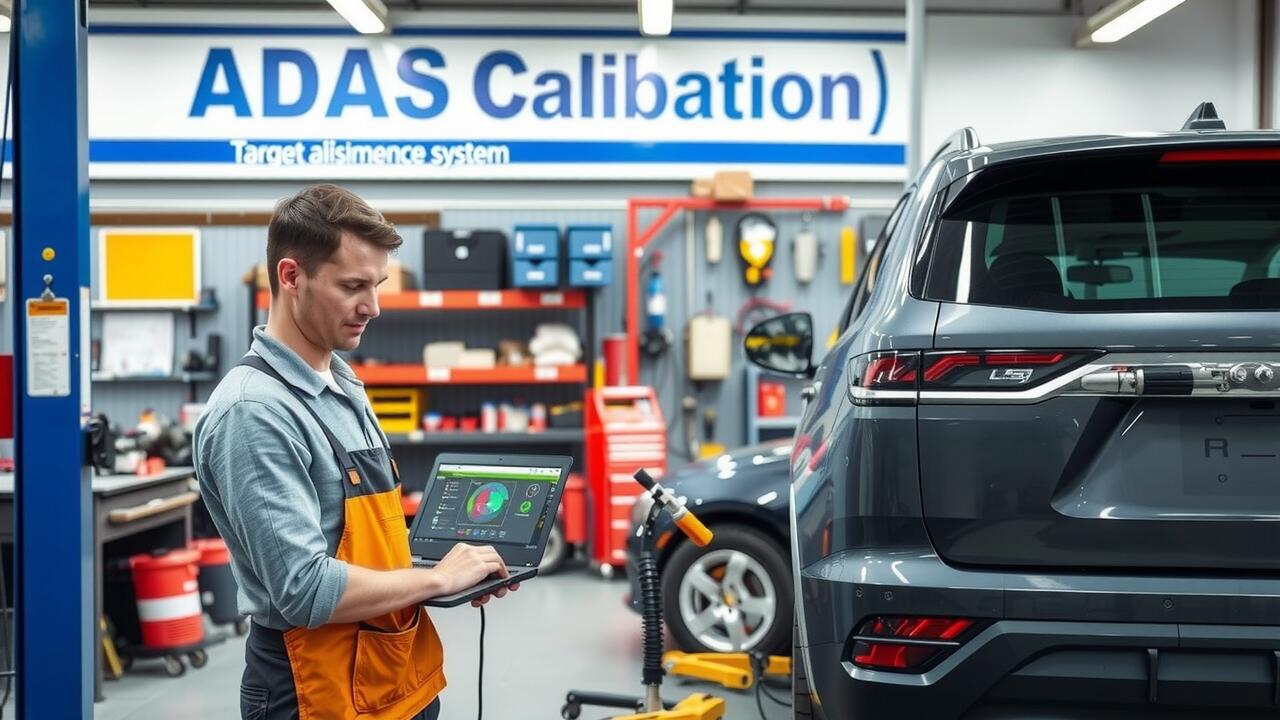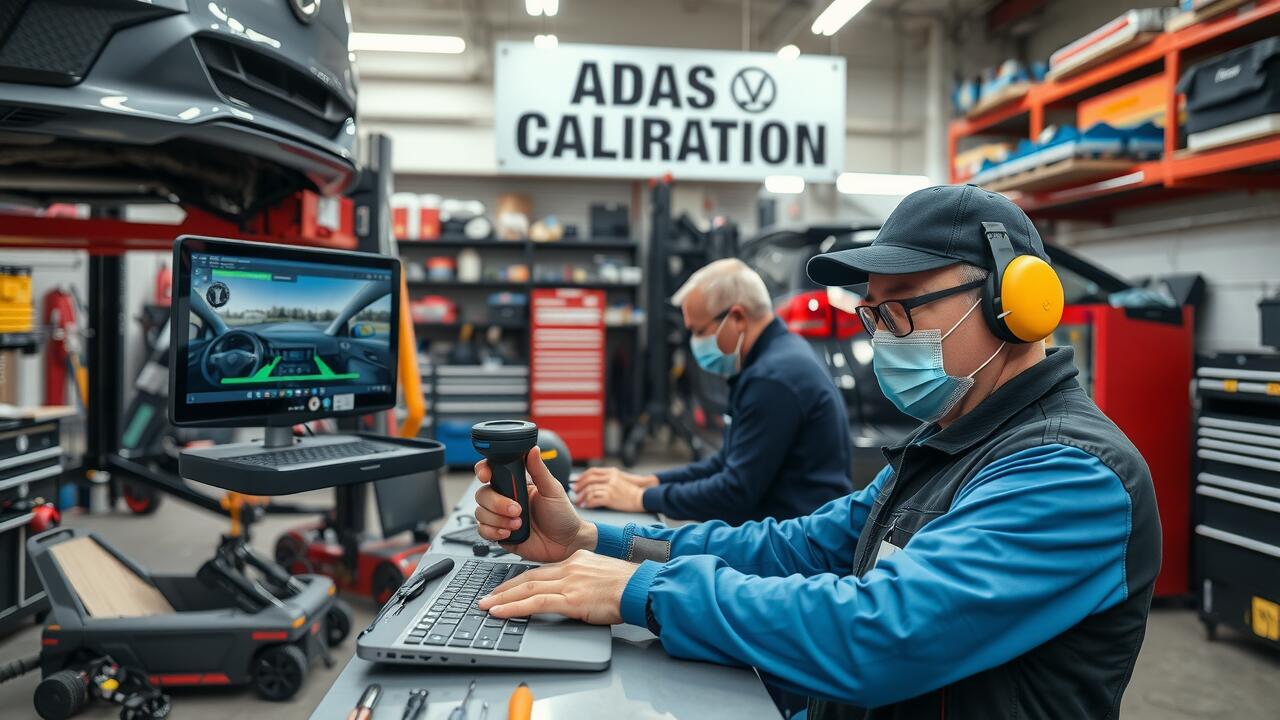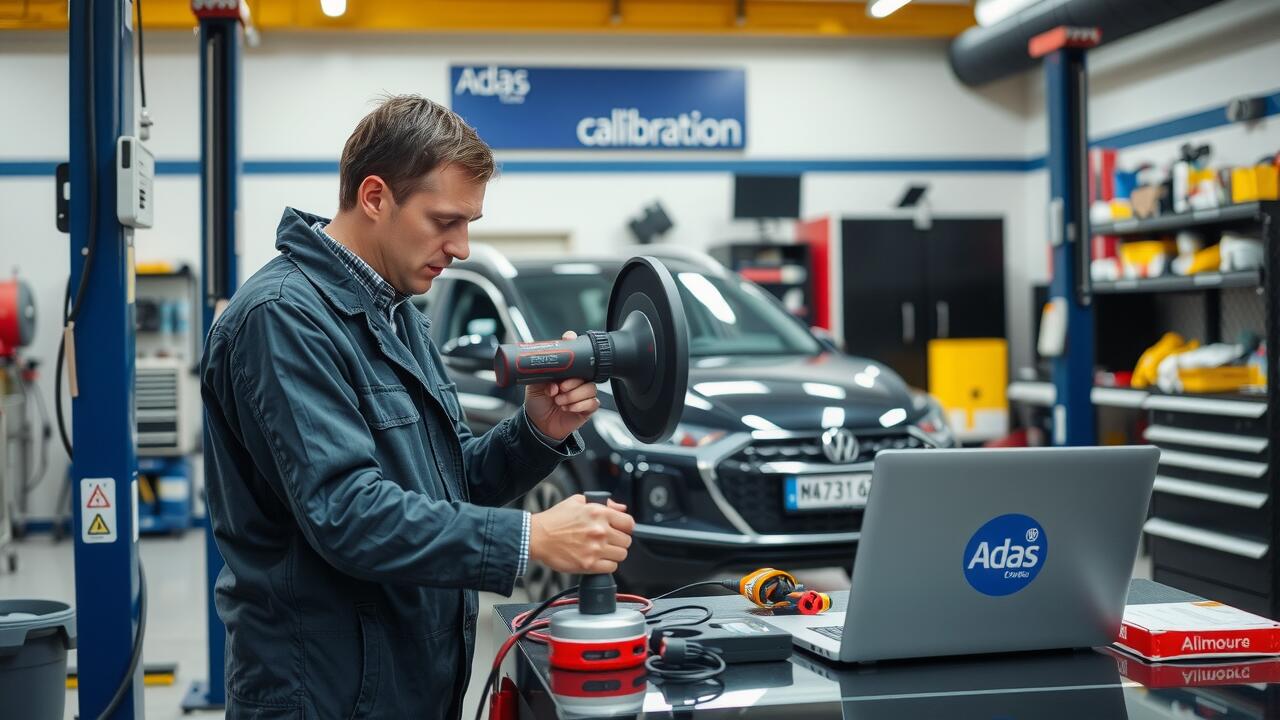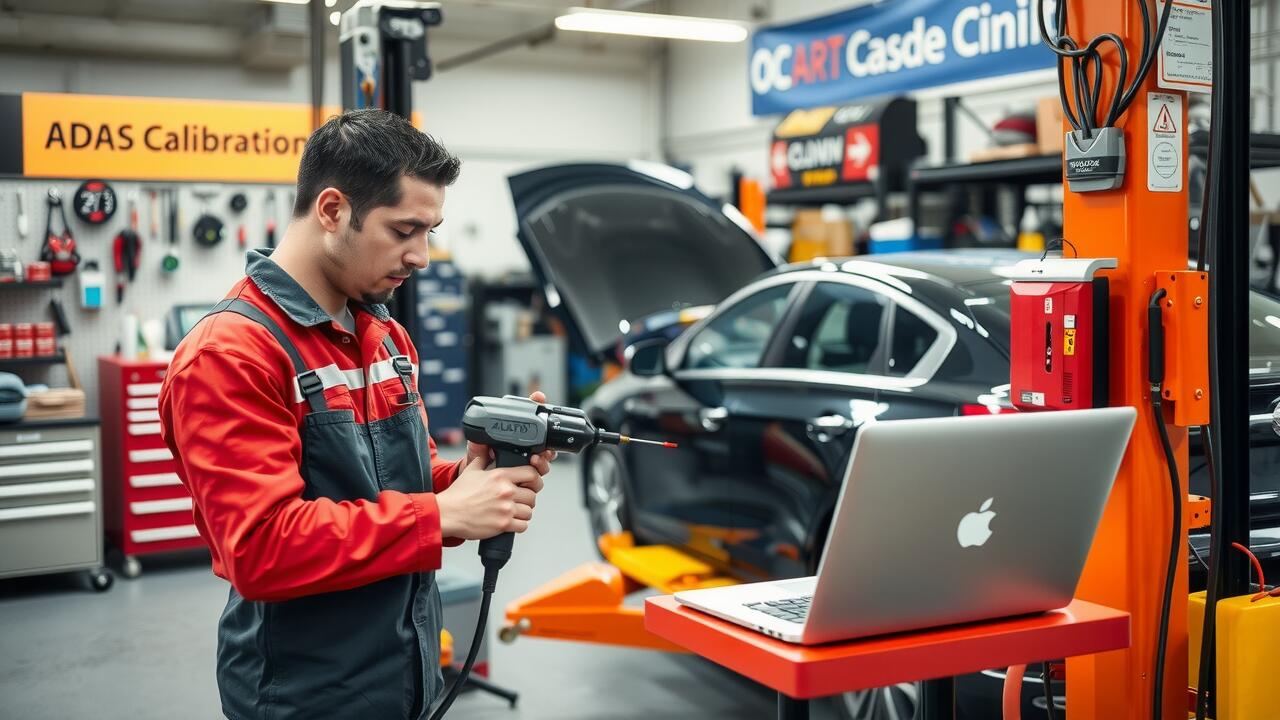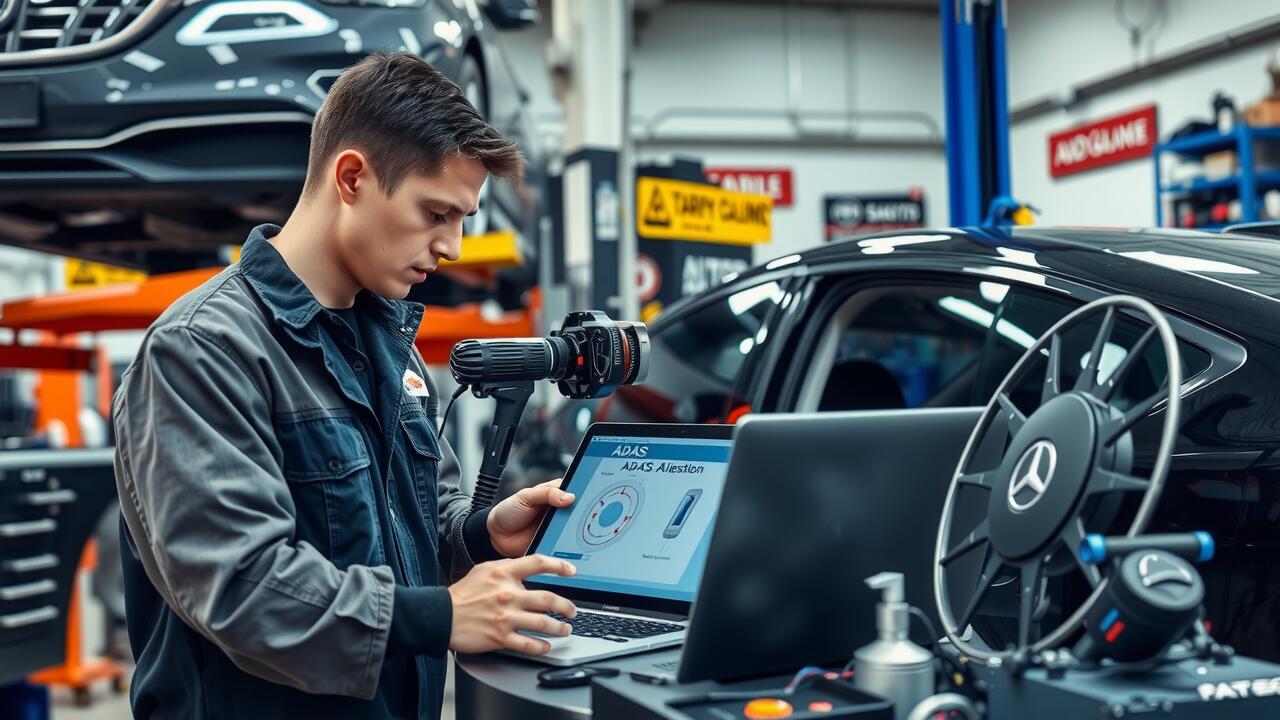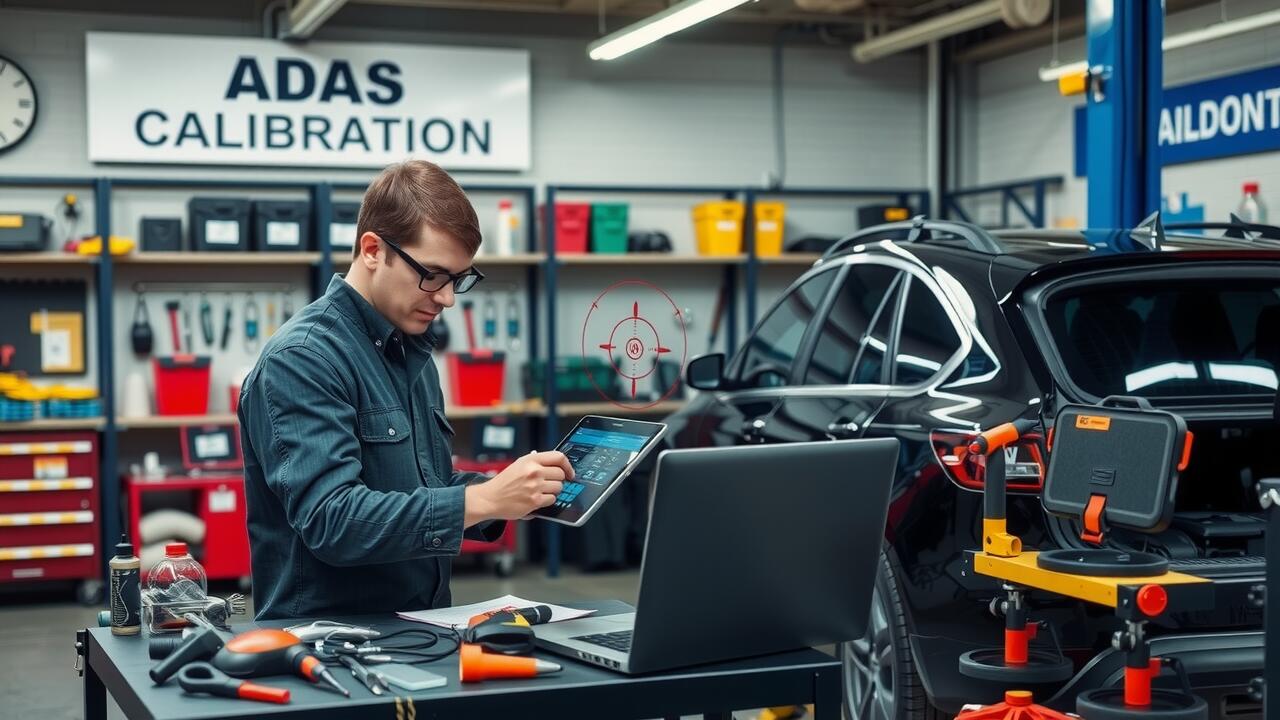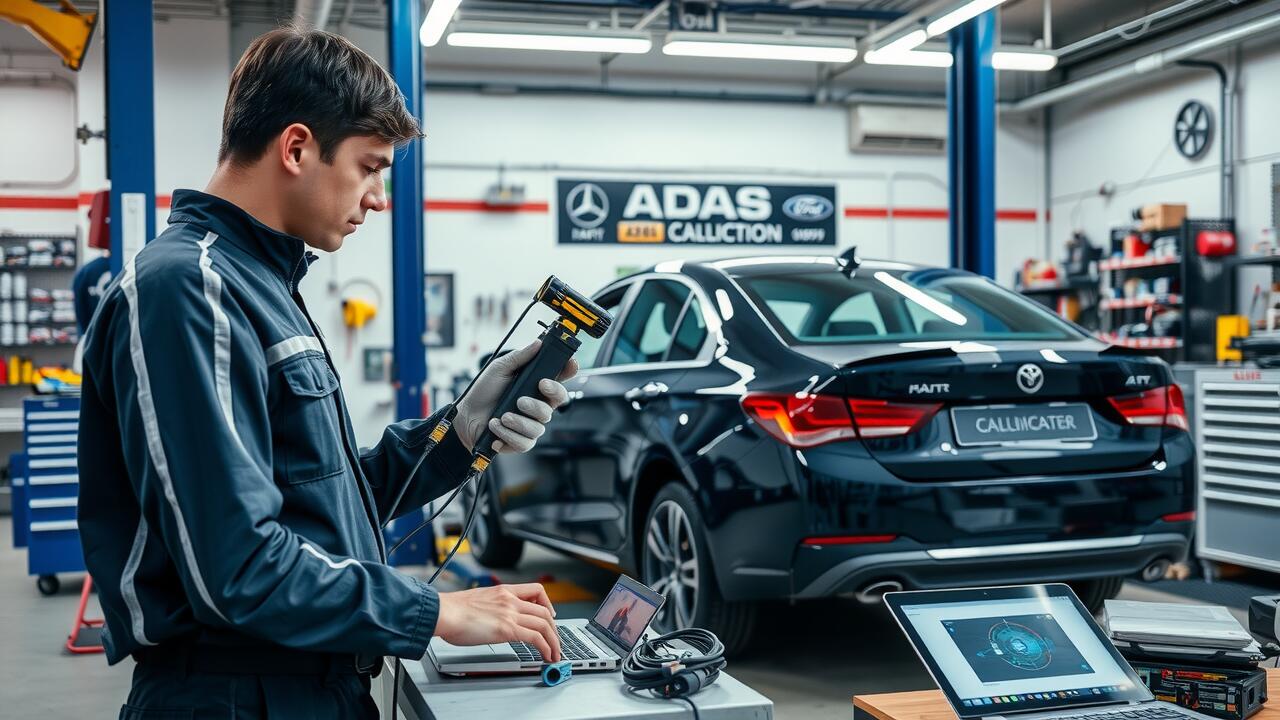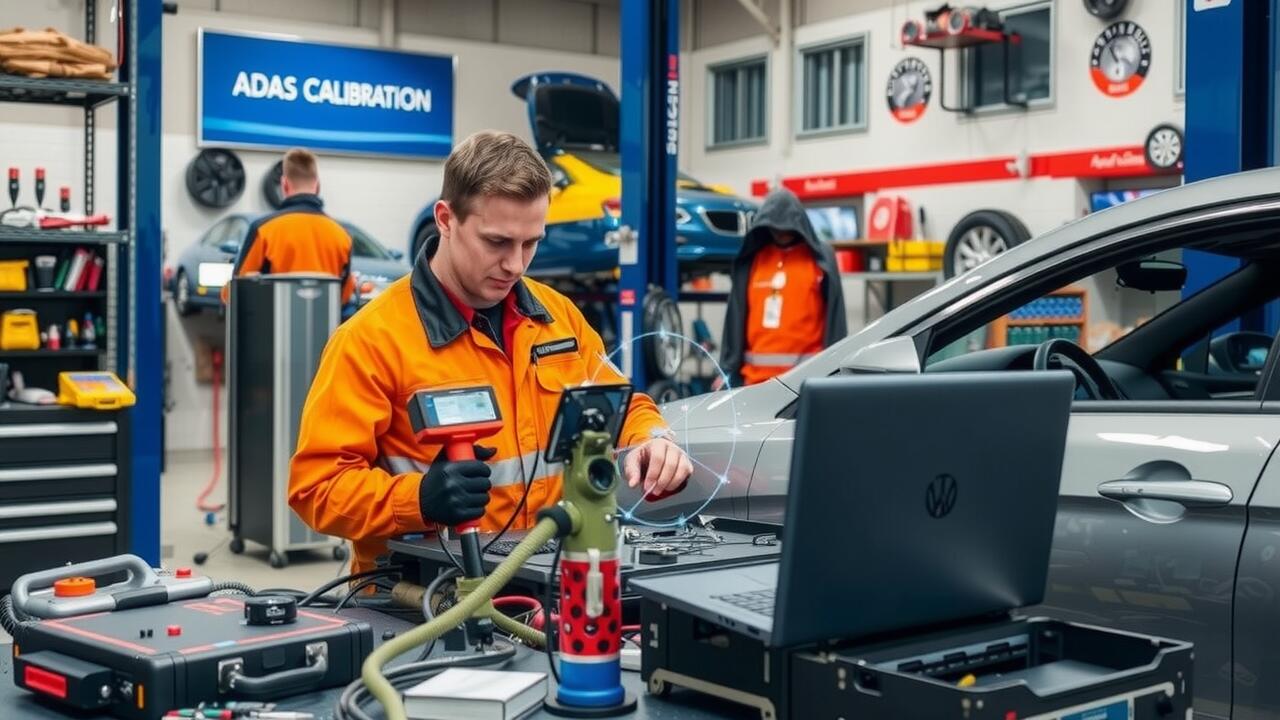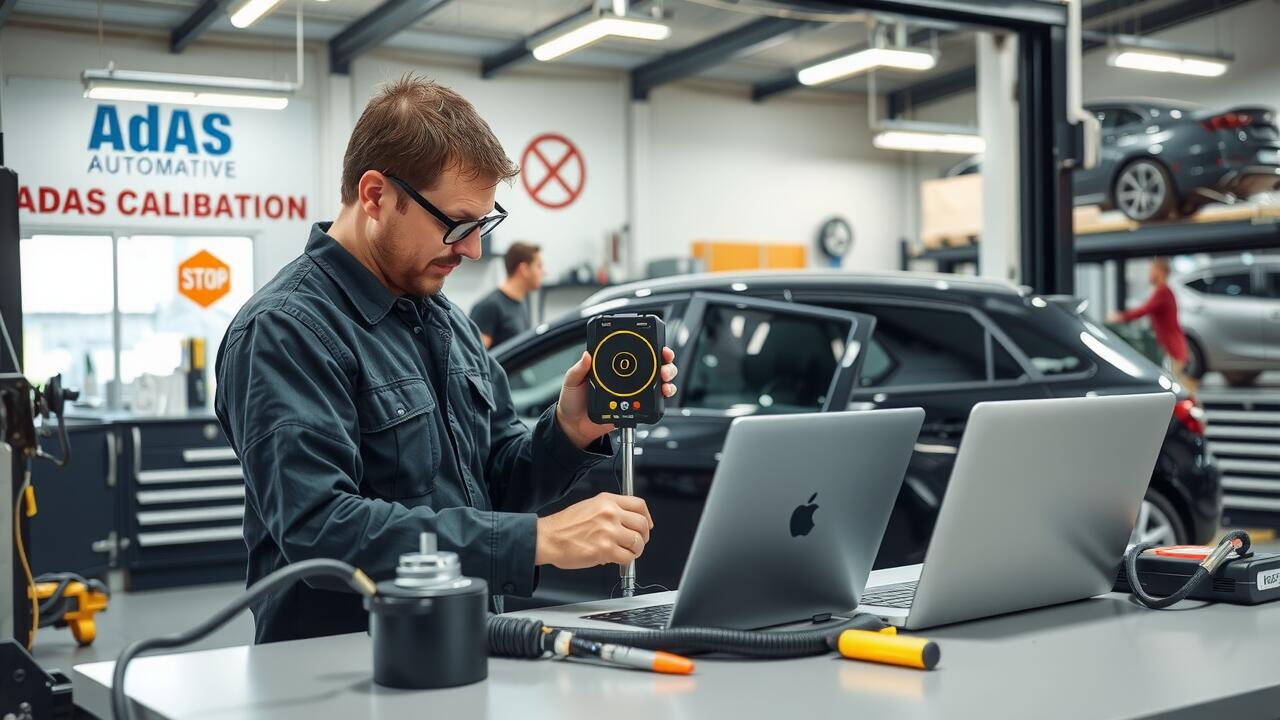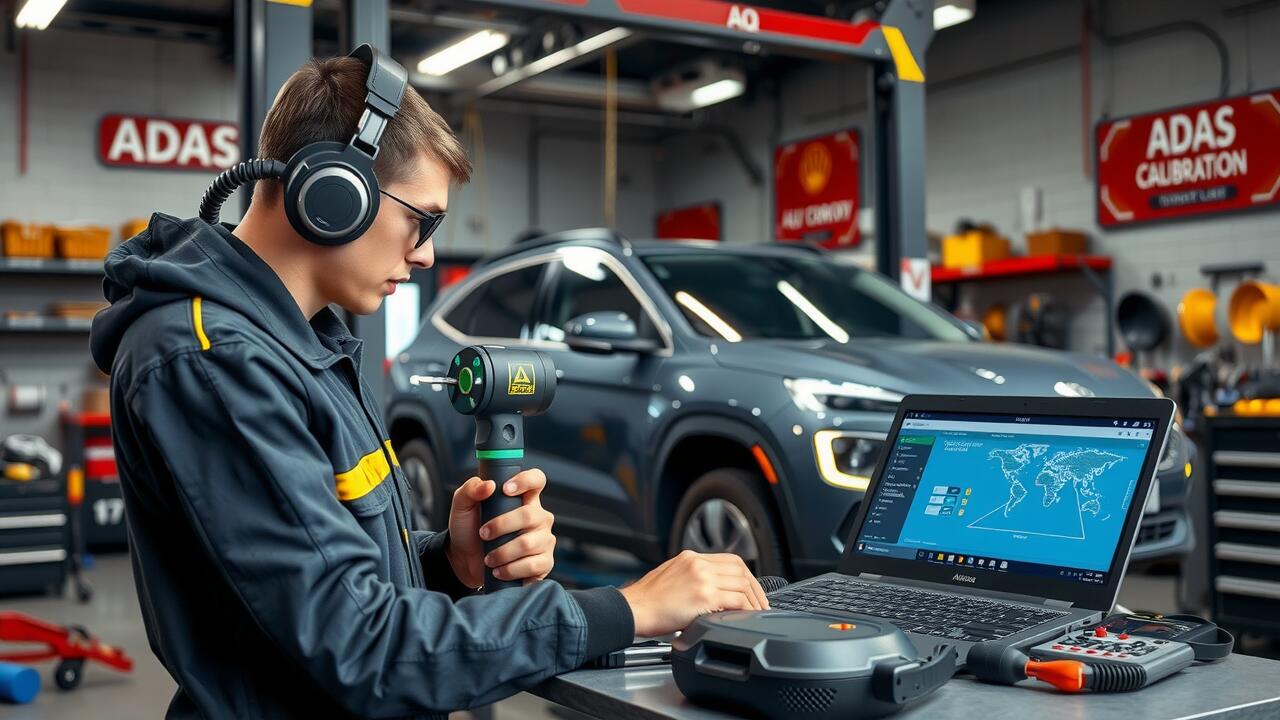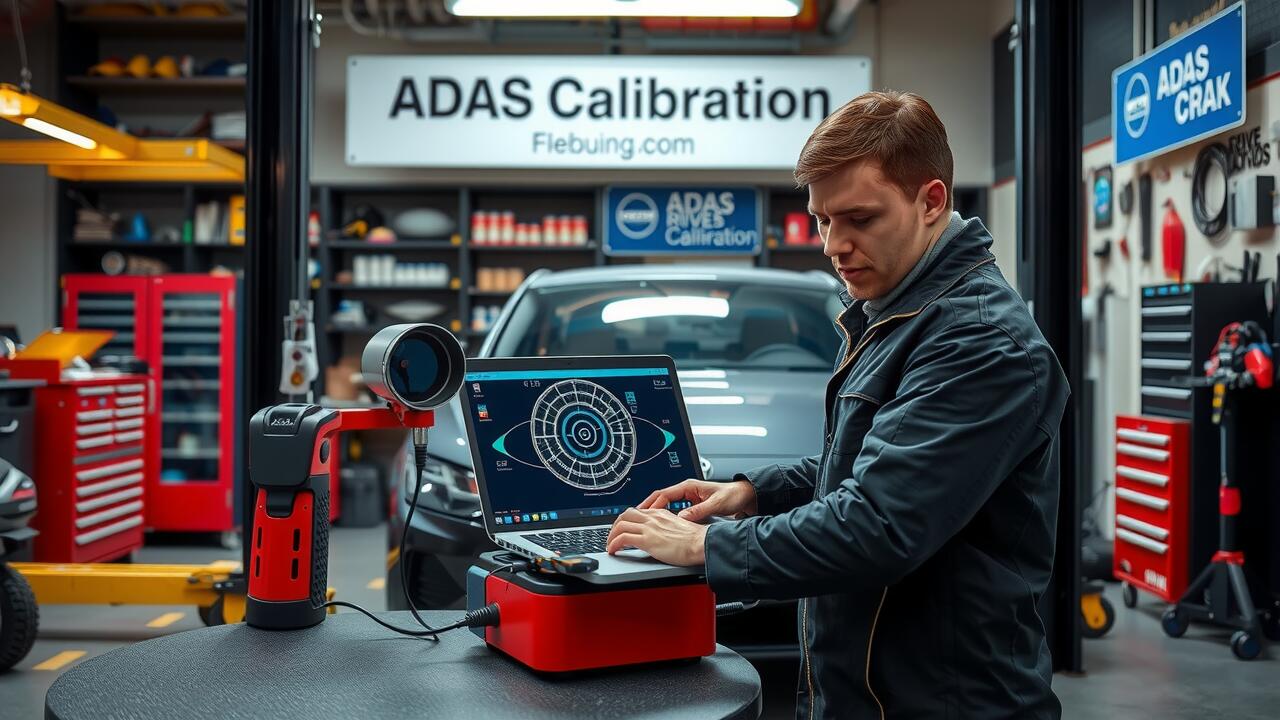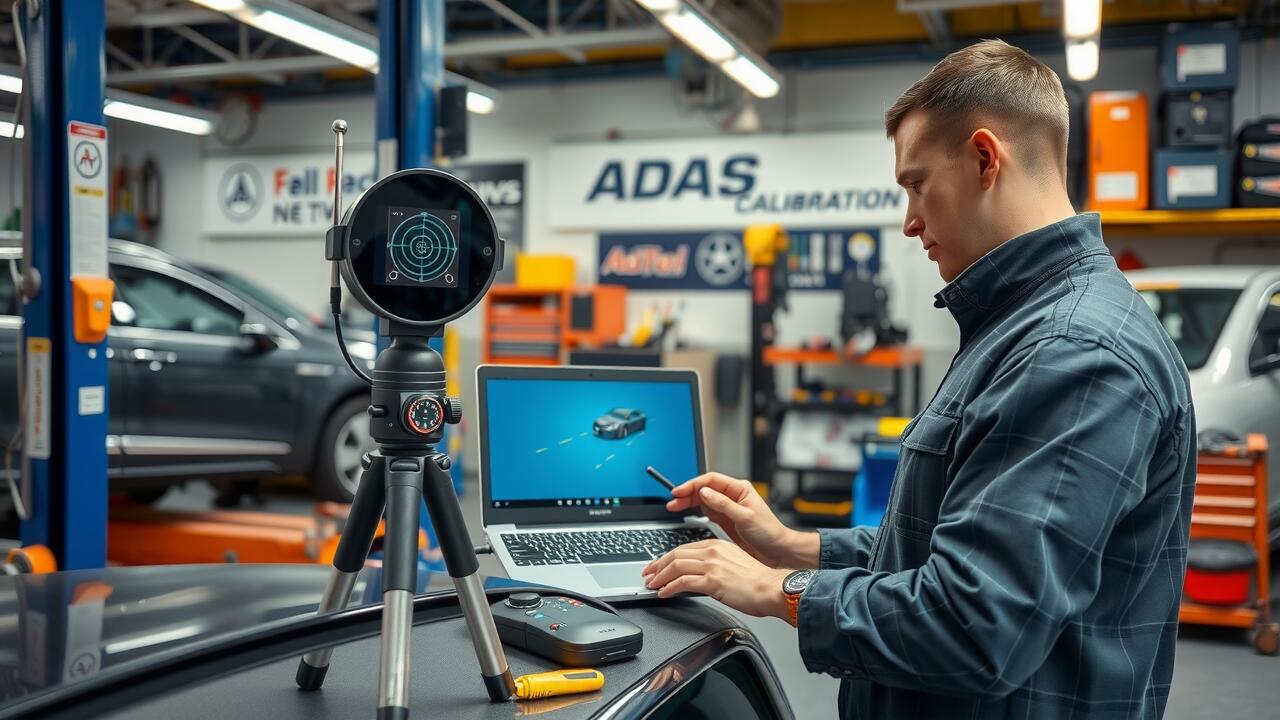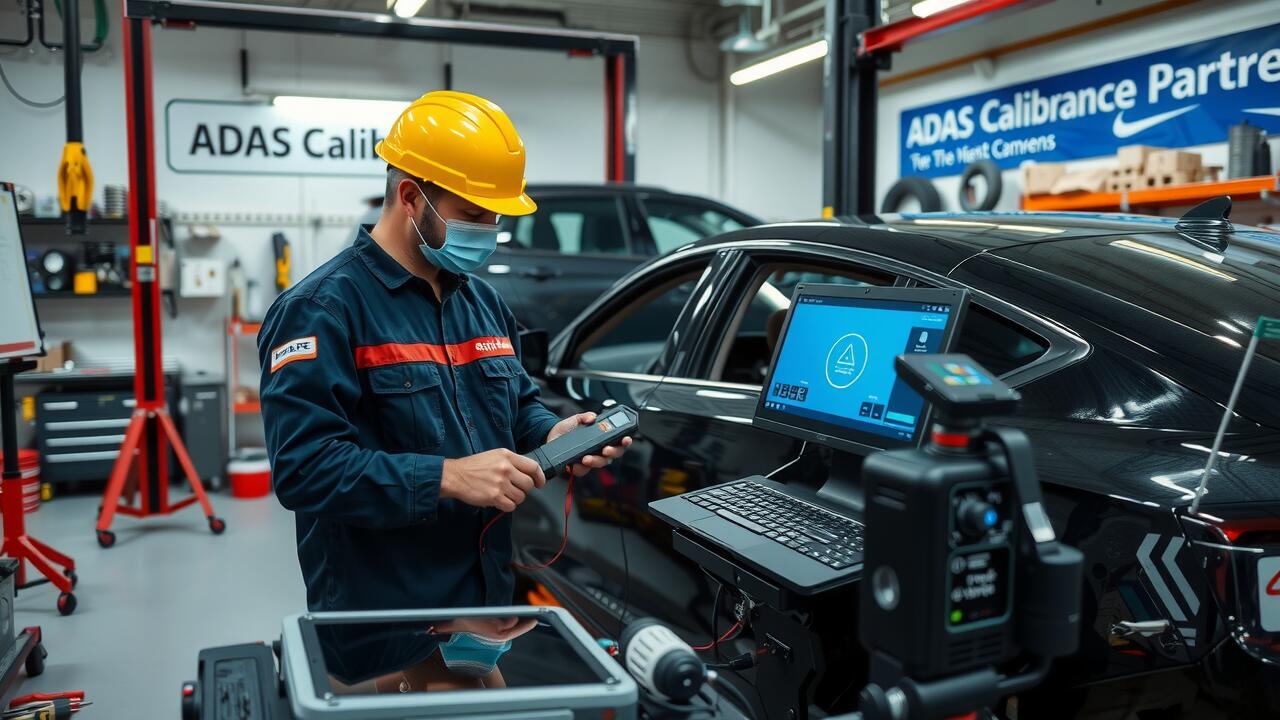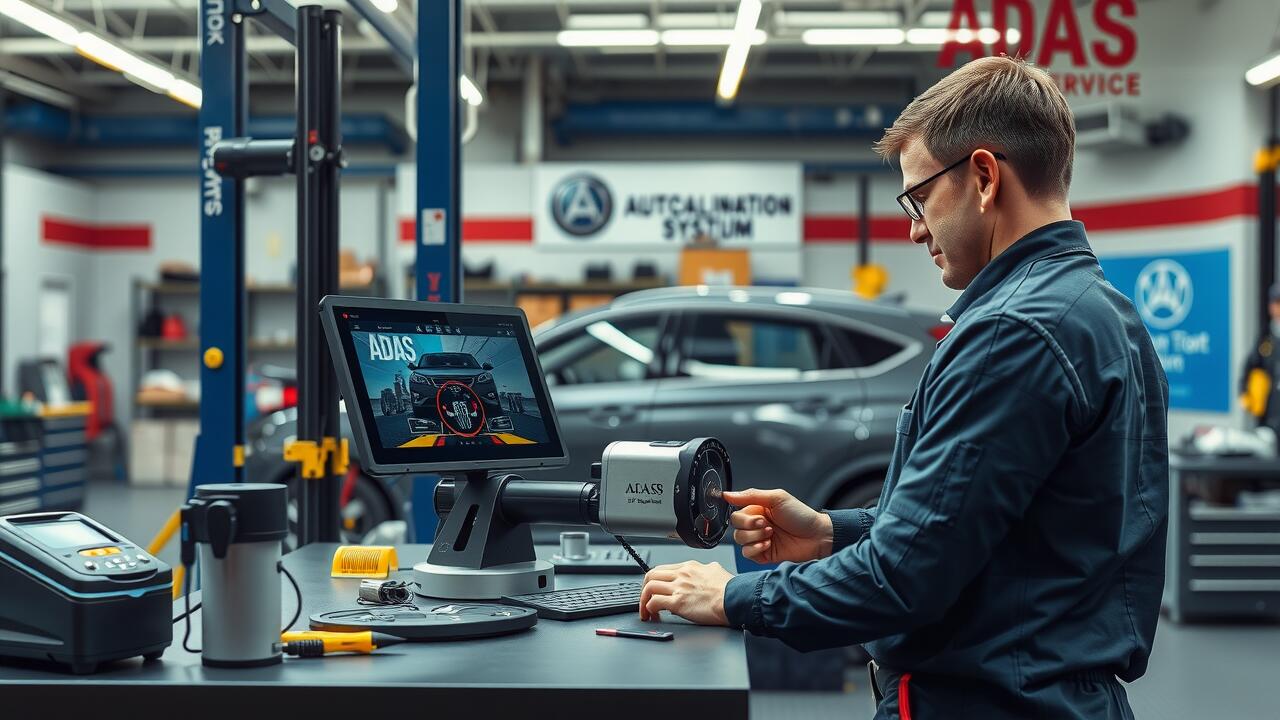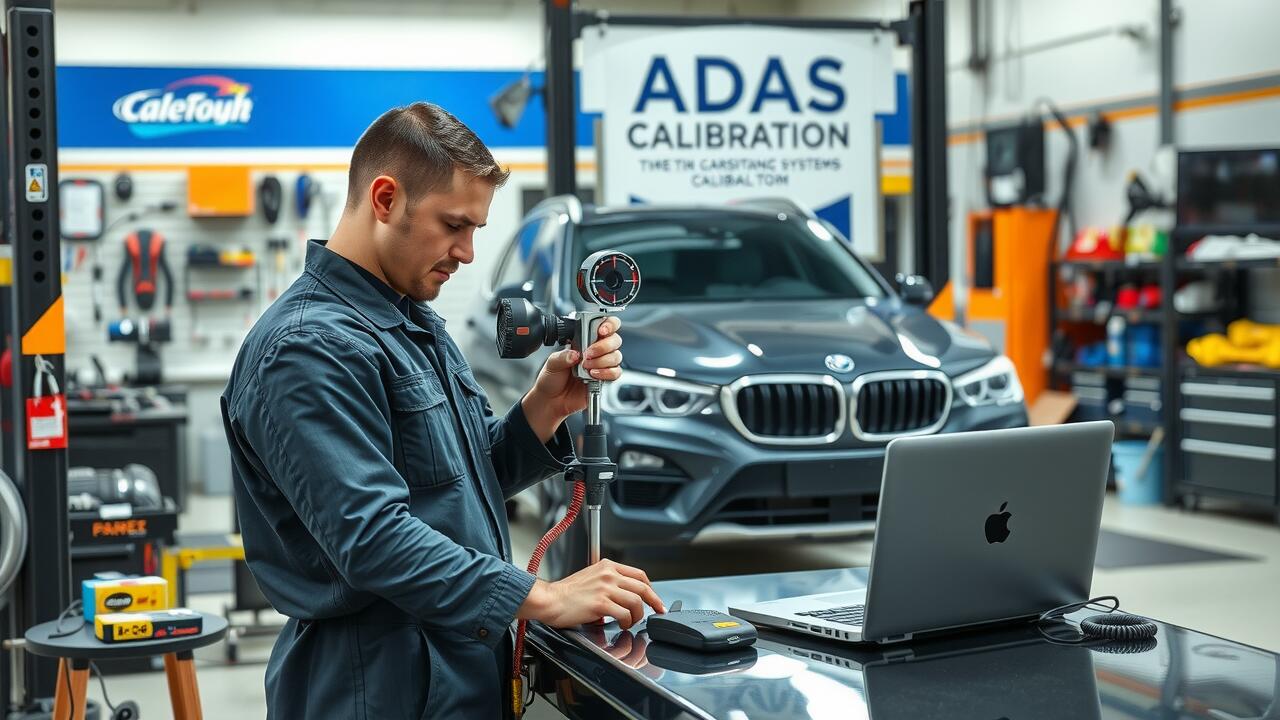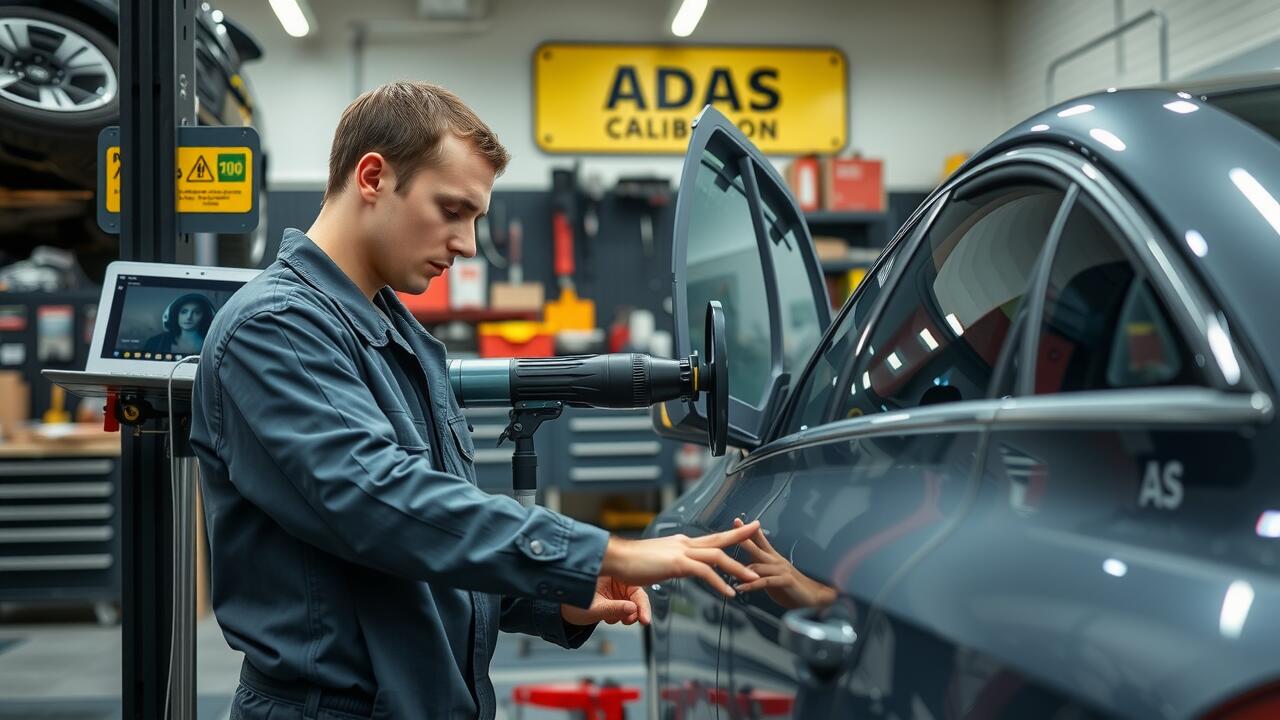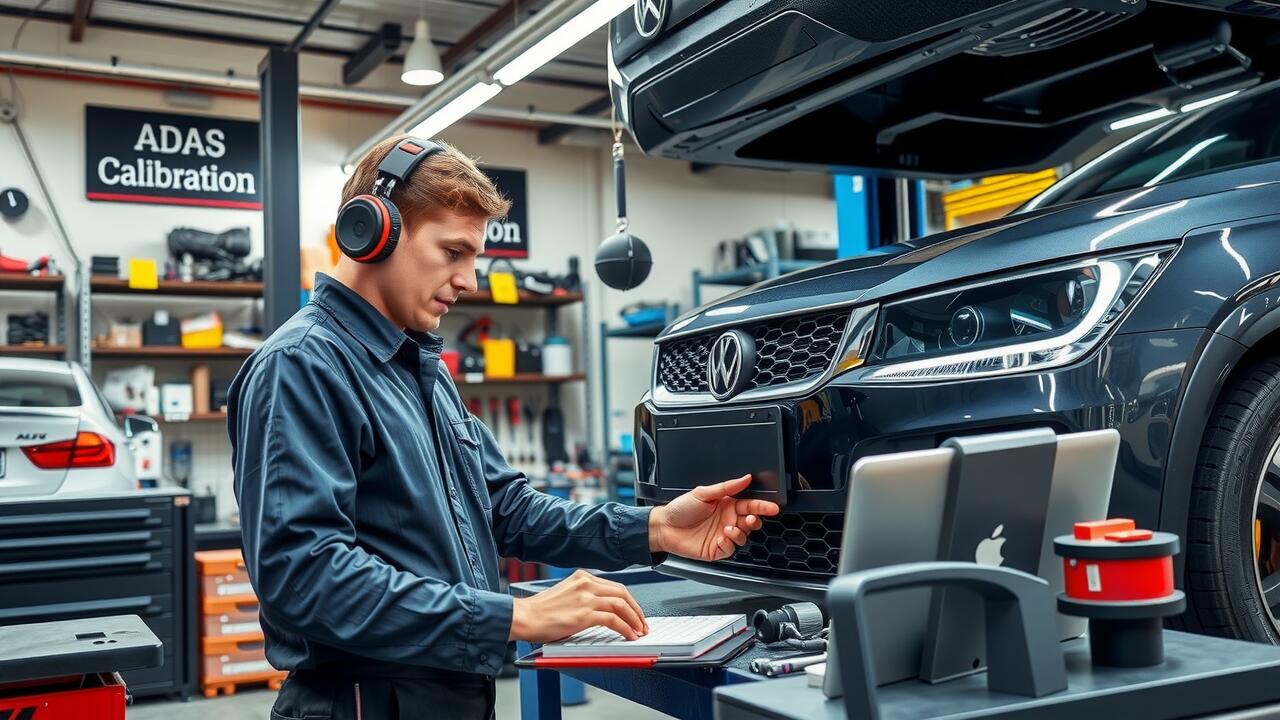
Table Of Contents
Legal Regulations Surrounding ADAS
Legal regulations surrounding Advanced Driver Assistance Systems (ADAS) are becoming increasingly important as these technologies proliferate in the automotive industry. Government bodies and standardisation organisations are working diligently to ensure that safety measures are in place. This not only involves setting performance benchmarks but also mandates compliance with specific guidelines for system development and deployment. As a part of these regulations, there are requirements for regular maintenance and calibration of the systems. This includes the need for individuals to search for services such as "ADAS calibration near me" to ensure their vehicles meet safety standards.
As the automotive landscape evolves, regulations must keep pace with innovations in ADAS technologies. Various stakeholders, including manufacturers and service providers, must navigate the complex legal environment to ensure their products comply with existing laws. This includes understanding responsibilities related to updates, liability, and manufacturer obligations. Consequently, ongoing dialogue between regulators and industry leaders is essential for developing robust frameworks that support both the growth and the safety of ADAS applications on the road.
Compliance and Standards
Compliance with standards is crucial for the effectiveness of Advanced Driver Assistance Systems (ADAS). Various regulatory bodies establish guidelines that manufacturers must follow to ensure the safety and reliability of these systems. These standards often focus on performance metrics and testing procedures to verify that the systems function correctly under different driving conditions. Adherence to compliance not only enhances vehicle safety but also fosters consumer trust in the technology.
For vehicle owners, understanding the importance of proper calibration is essential. ADAS systems require accurate calibration for optimal performance, especially after maintenance or repairs. Many people search for “ADAS calibration near me” to locate qualified service providers who can ensure their systems are correctly adjusted. Correct calibration is vital to meet compliance standards and enhance the overall driving experience, contributing to the broader acceptance of ADAS technology in the automotive market.
The Future of ADAS Technology
The future of ADAS technology is poised for remarkable advancements as automotive manufacturers and tech companies continue to innovate and push the boundaries of vehicle safety. Enhanced sensor technologies, artificial intelligence, and machine learning algorithms will likely lead to even more sophisticated systems. These developments will not only improve the functionality of existing features but also pave the way for new applications that can adapt to diverse driving environments.
As vehicles become increasingly reliant on automated systems, the importance of proper maintenance and calibration will grow significantly. Searches for "ADAS calibration near me" will become routine for vehicle owners, ensuring that their systems operate at optimal levels. Local service providers will need to adapt, offering specialised calibration services that meet evolving standards and regulations. Integrating these services into everyday vehicle maintenance can help maintain safety and performance in increasingly complex driving scenarios.
Emerging Trends and Developments
Emerging trends in Advanced Driver Assistance Systems (ADAS) technology are shaping the future of safe and efficient transportation. The integration of artificial intelligence and machine learning is enhancing the capabilities of these systems, enabling vehicles to interpret complex driving environments more effectively. This evolution allows for improved object detection and prediction of driver behaviour, which can significantly reduce the likelihood of accidents. Manufacturers are also focusing on user-friendly interfaces, ensuring that drivers can easily access and understand the functions of ADAS.
As ADAS technology advances, the importance of proper calibration cannot be overstated. The phrase "ADAS calibration near me" has become more common among vehicle owners seeking to optimise system performance. Local service providers are increasingly offering specialised calibration services to ensure that ADAS functions correctly, particularly after any modifications or repairs. Staying informed about new developments in technology and calibration practices is essential for both consumers and professionals in the automotive field.
Challenges in ADAS Implementation
Implementing Advanced Driver Assistance Systems (ADAS) poses several challenges, primarily due to the complexity and variability of the technology involved. The integration of multiple sensors and software systems requires precise calibration to ensure optimal performance. Misalignment can lead to significant safety risks, making it critical for operators to seek reliable ADAS calibration near me to maintain effectiveness. Furthermore, rapid advancements in technology necessitate ongoing training and adaptation for technicians, adding another layer of complexity for service providers.
Ethical considerations also arise when discussing ADAS implementation across various demographics. Disparities in access to advanced vehicle technology can reinforce social inequality, especially when it comes to road safety features offered in lower-cost models. Additionally, as vehicles become more autonomous, ethical dilemmas regarding decision-making in emergency scenarios will require careful examination. Achieving a balance between innovation and responsible deployment remains a priority for stakeholders in the automotive industry.
Technical and Ethical Considerations
As Advanced Driver-Assistance Systems (ADAS) become more prevalent, both technical and ethical considerations must be carefully navigated. One significant challenge lies in ensuring accurate ADAS calibration, which is crucial for the systems to operate effectively. Regular maintenance and setup, often facilitated by searching for "ADAS calibration near me", can affect safety and performance. Improperly calibrated systems can lead to malfunctions and accidents, highlighting the importance of standardised training and adherence to manufacturer guidelines in repair shops across Australia.
Ethical dilemmas also arise in the context of data collection and privacy. ADAS relies on a variety of sensors and cameras, which often collect substantial amounts of data to enhance functionality. This raises concerns about how such data is used, stored, and shared, creating a broader conversation about user consent and data protection. Manufacturers must find a balance between utilising data effectively to improve driver safety and respecting individual privacy rights, ensuring that users remain informed and comfortable with how their information is handled.
FAQS
What does ADAS stand for?
ADAS stands for Advanced Driver Assistance Systems, which are designed to enhance vehicle safety and facilitate driving.
What are some common features of ADAS equipment?
Common features of ADAS include adaptive cruise control, lane departure warning, automatic emergency braking, parking assistance, and blind-spot monitoring.
How do legal regulations affect the implementation of ADAS?
Legal regulations surrounding ADAS vary by region and may dictate compliance with safety standards, testing requirements, and liability considerations, influencing how manufacturers design and implement these systems.
What are some challenges in the implementation of ADAS technology?
Challenges in implementing ADAS technology include technical limitations, the need for robust testing and validation, integration with existing vehicle systems, and addressing ethical considerations related to automated decision-making.
How does the future of ADAS technology look?
The future of ADAS technology is promising, with emerging trends such as increased automation, integration with artificial intelligence, and advancements in sensor technology expected to enhance vehicle safety and functionality.
